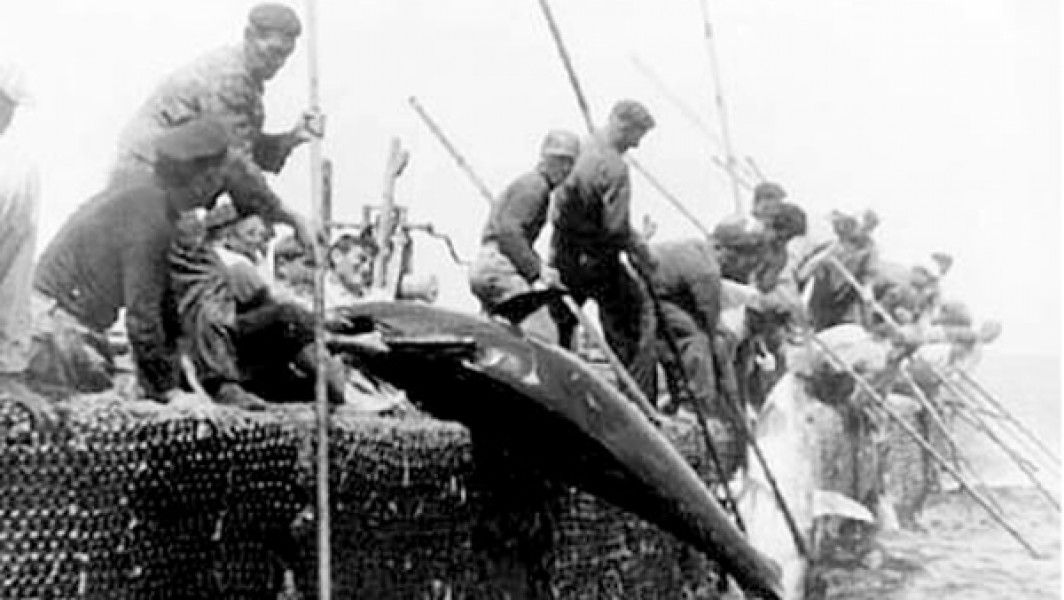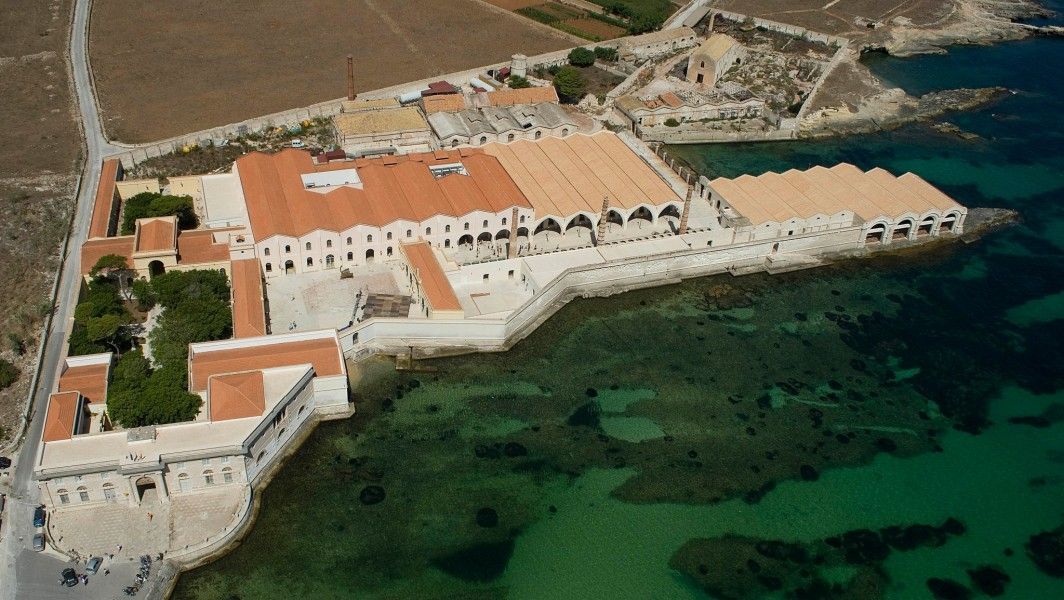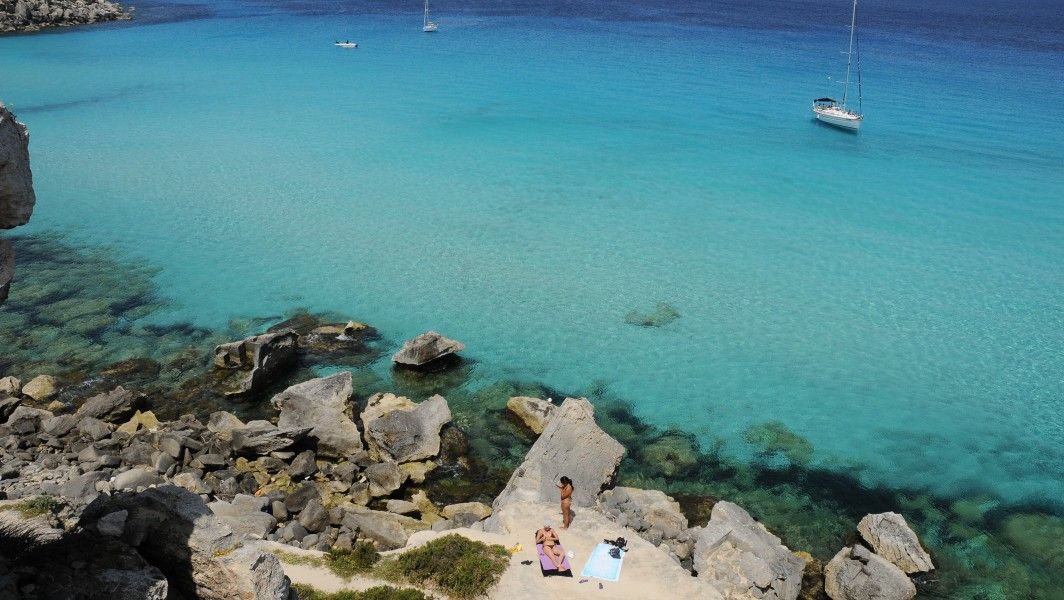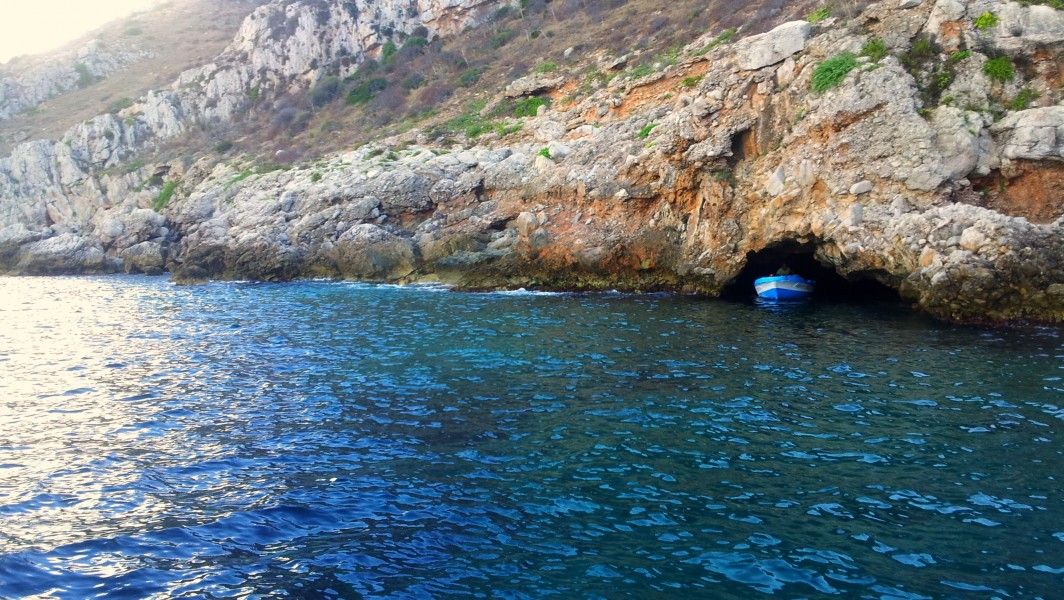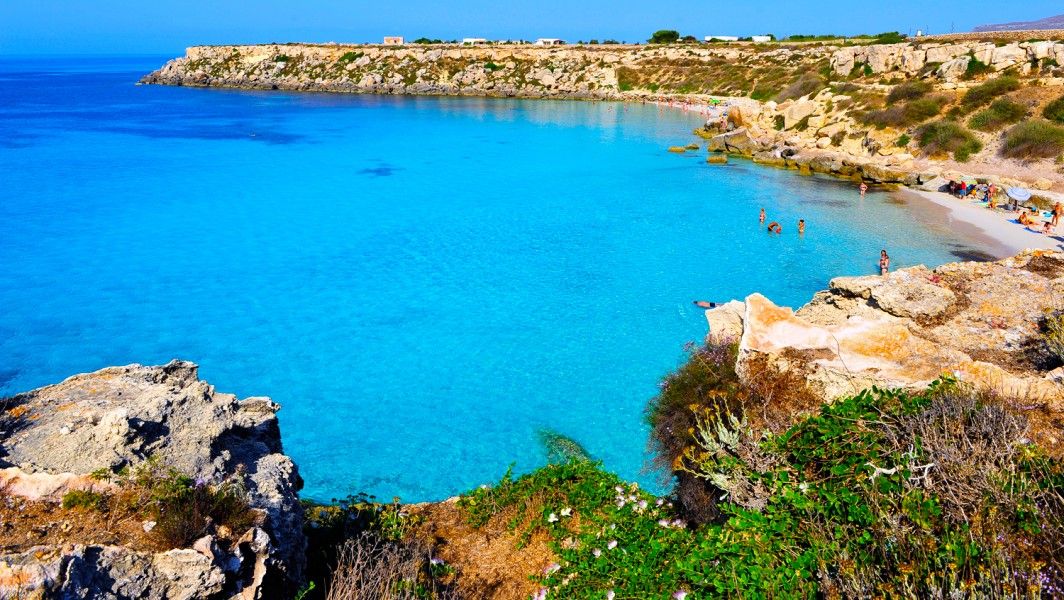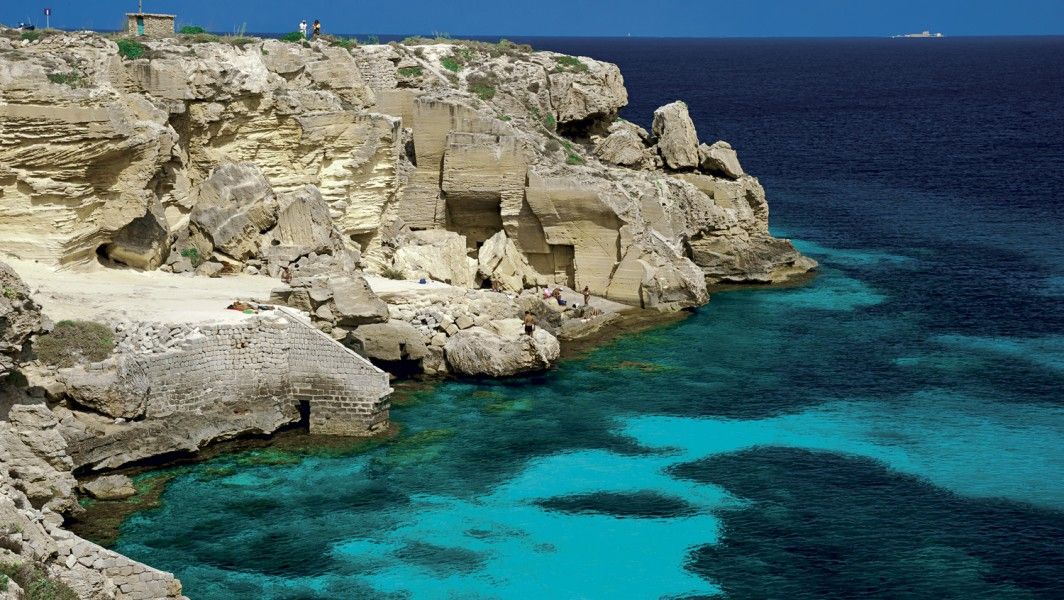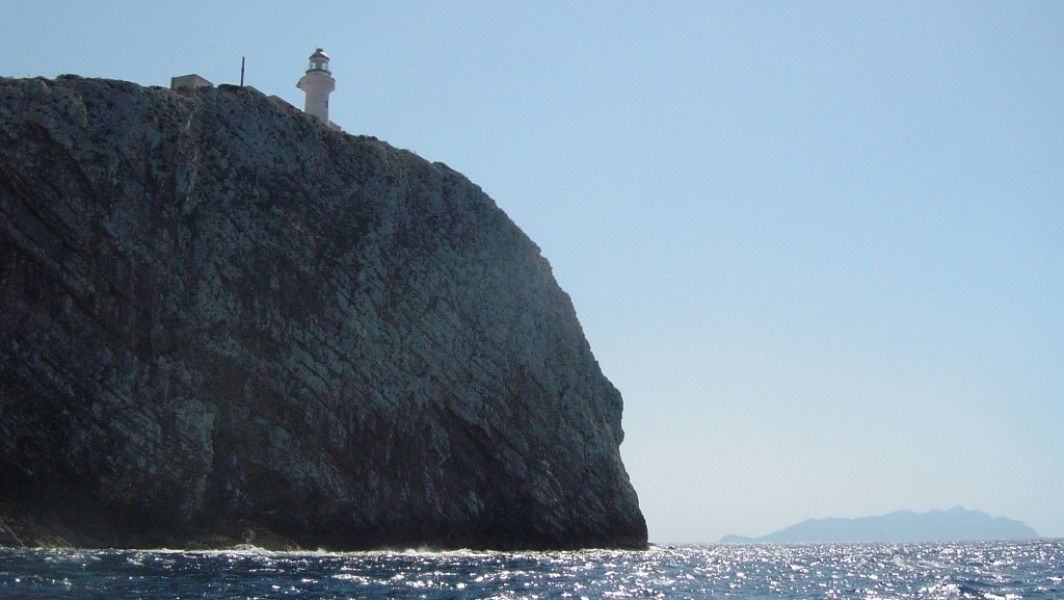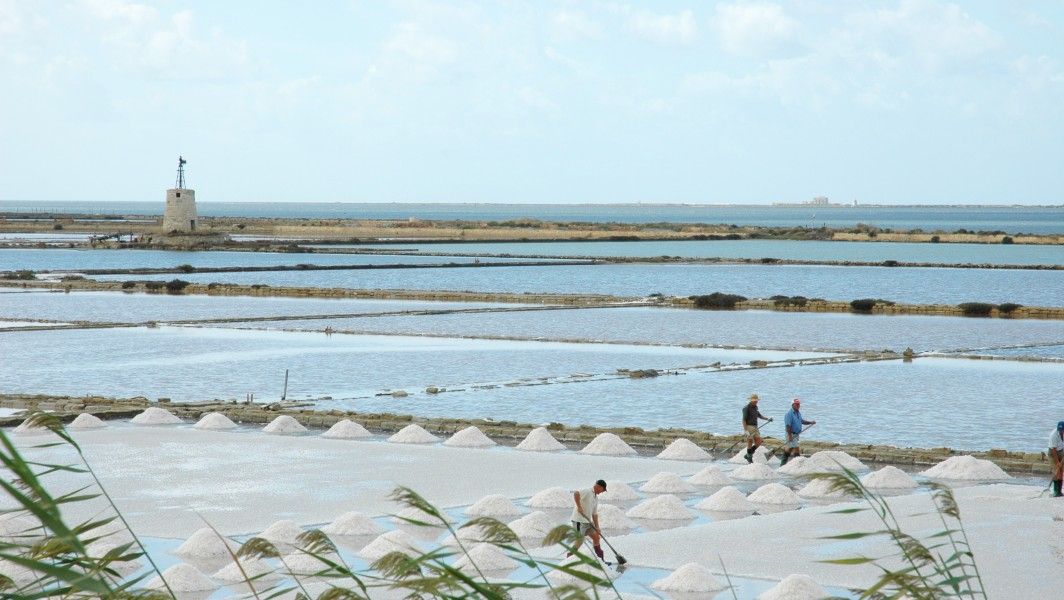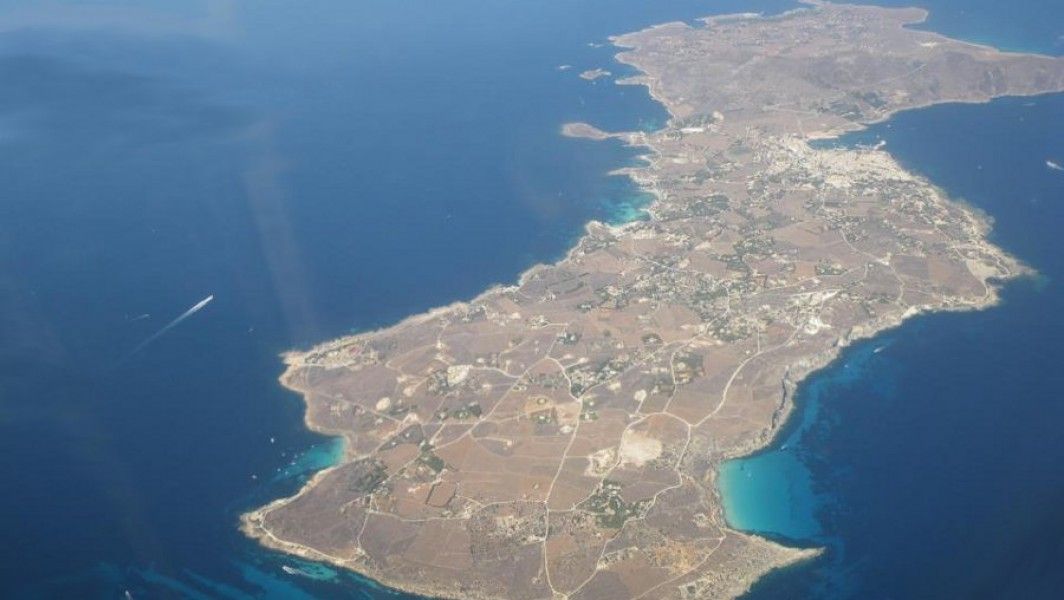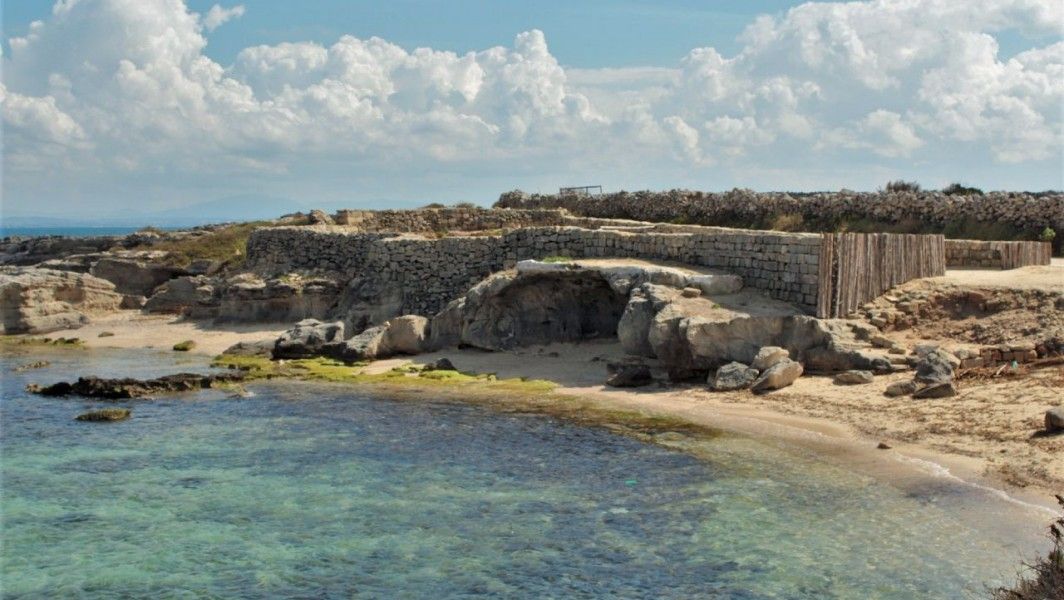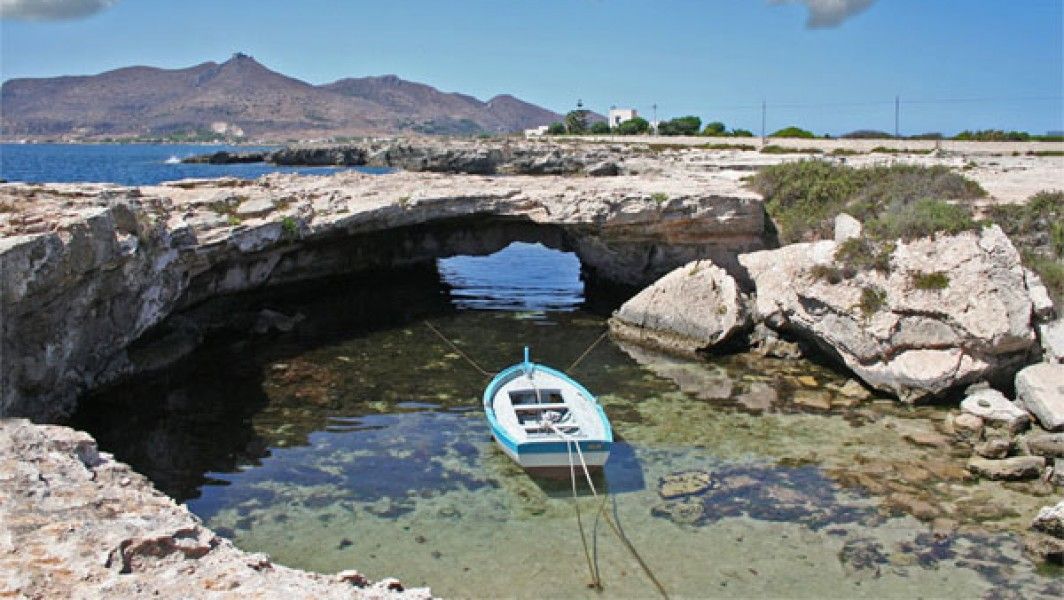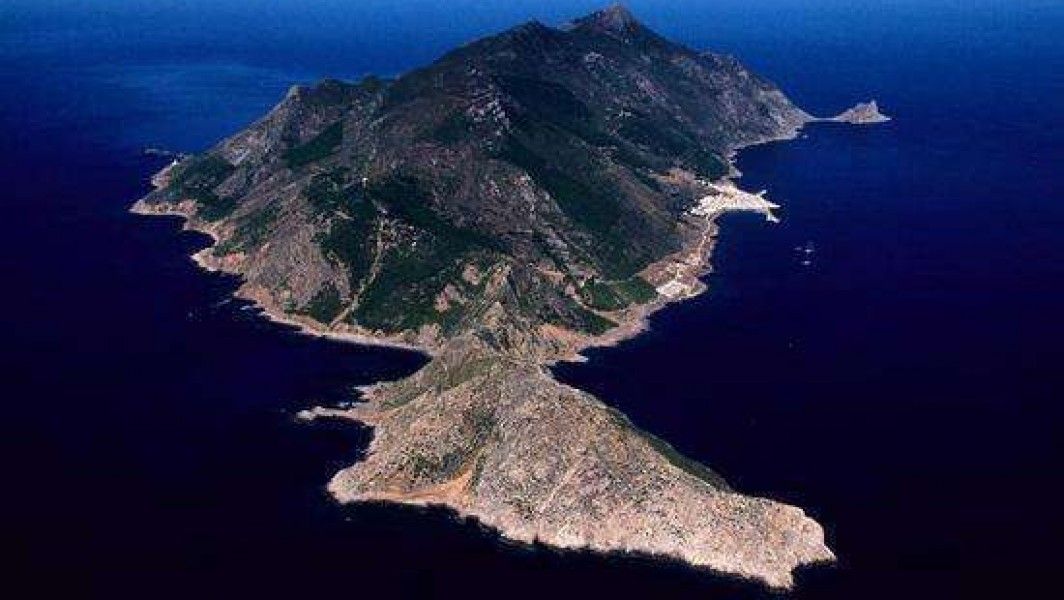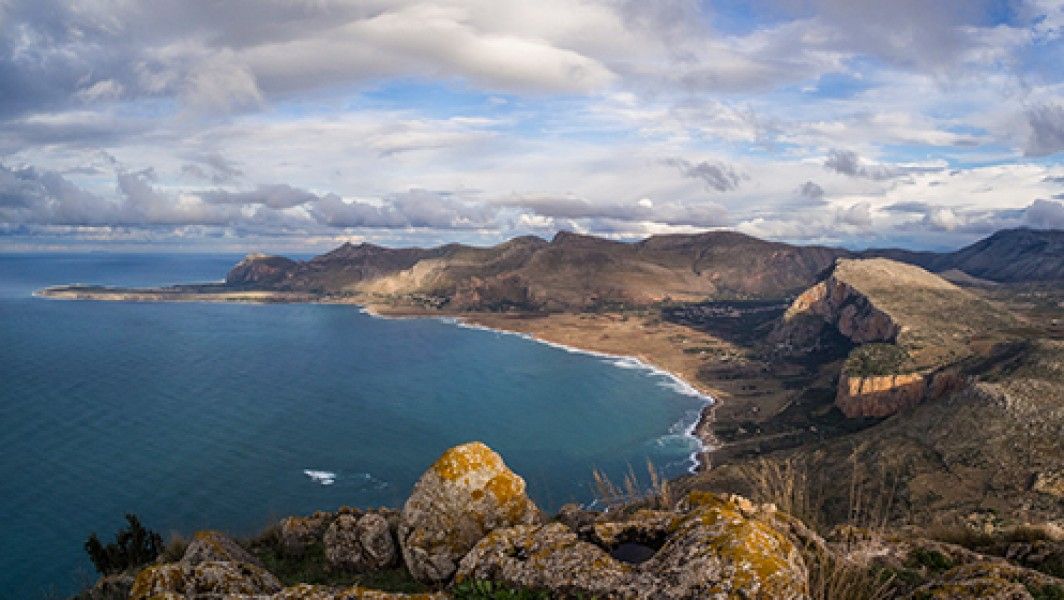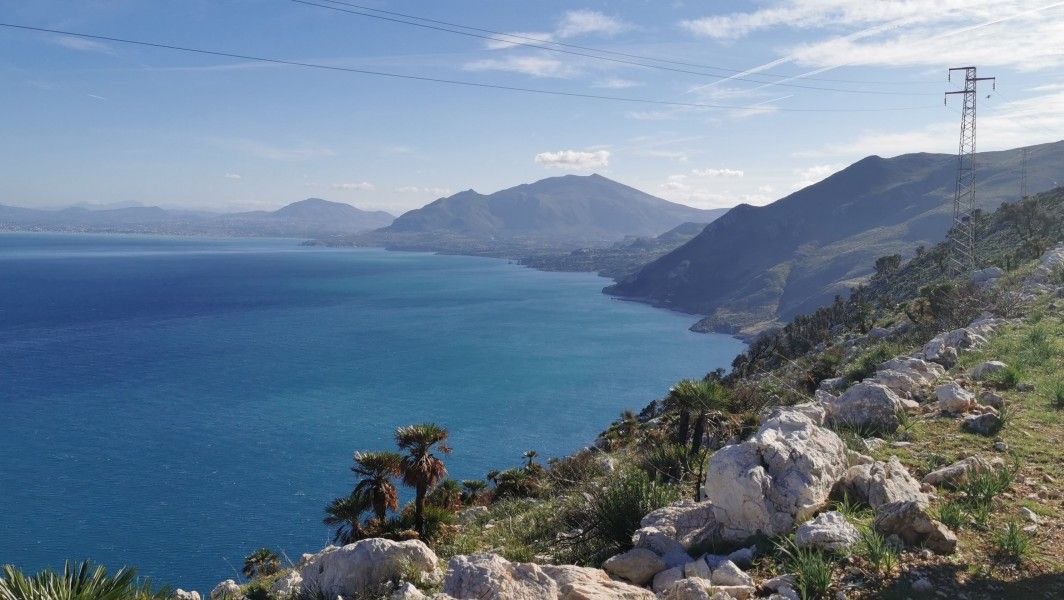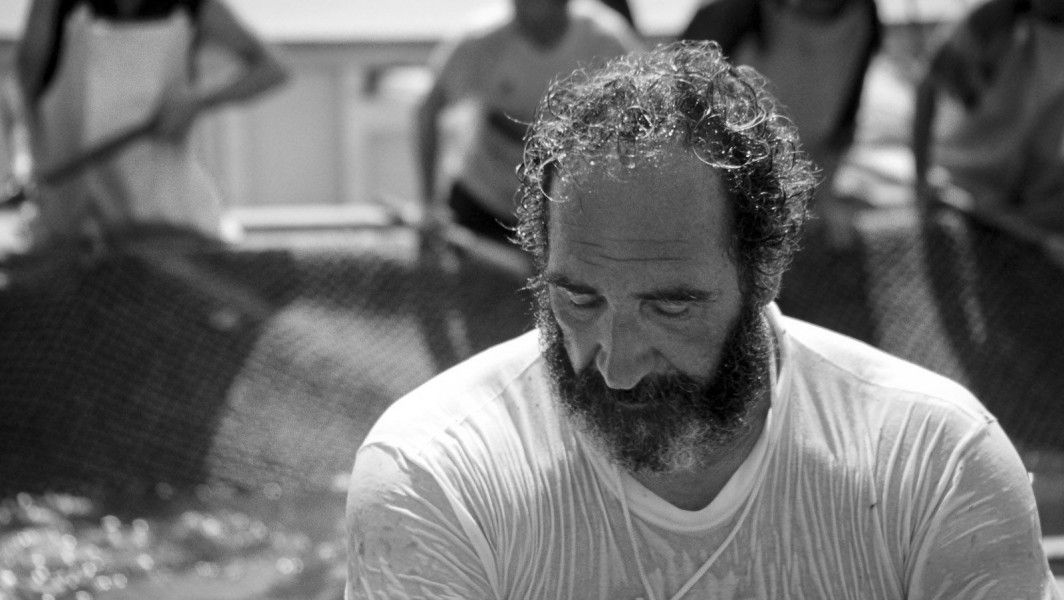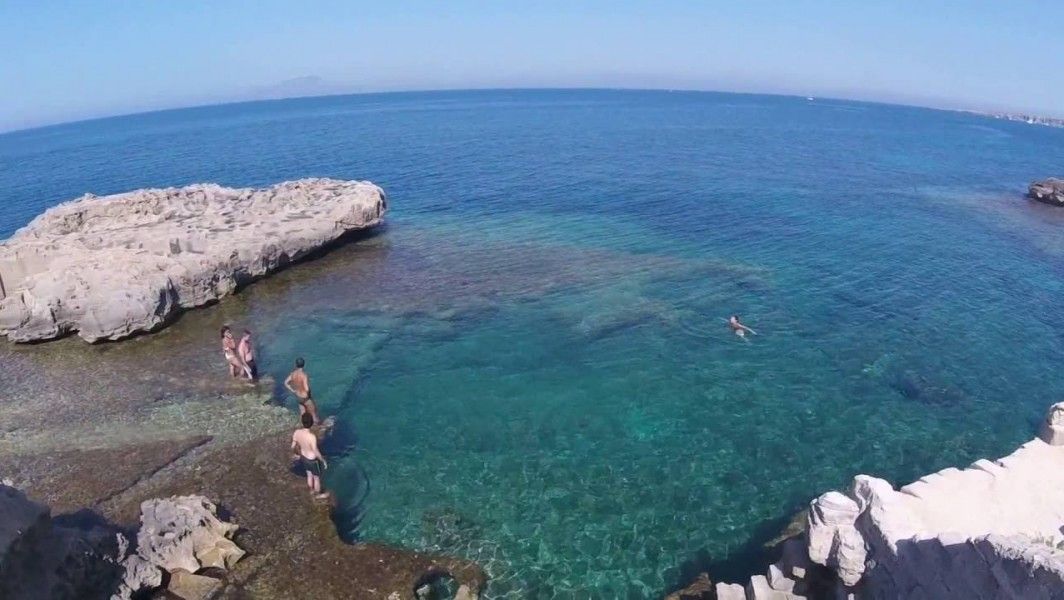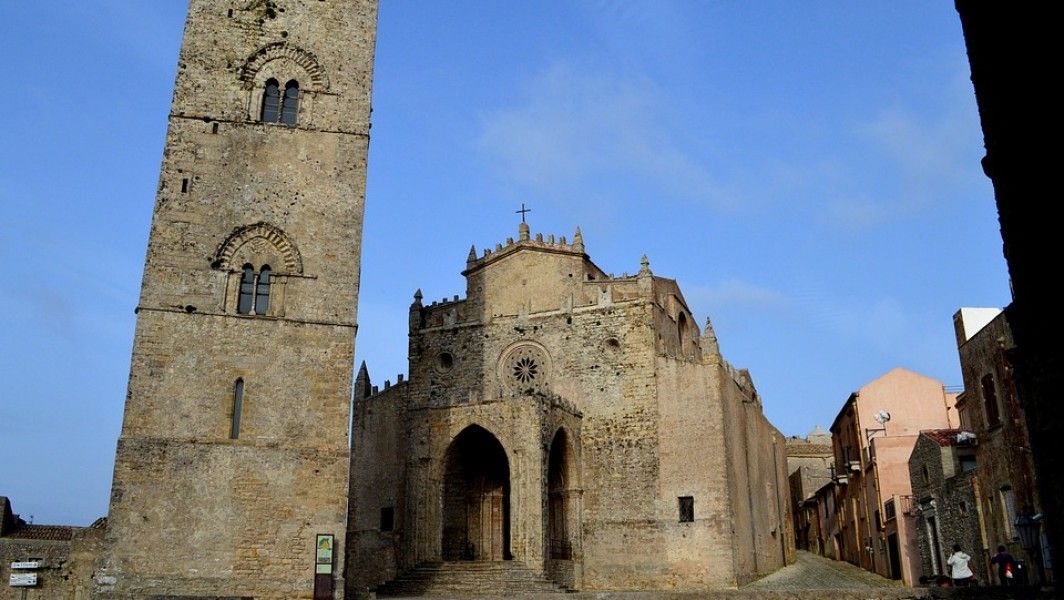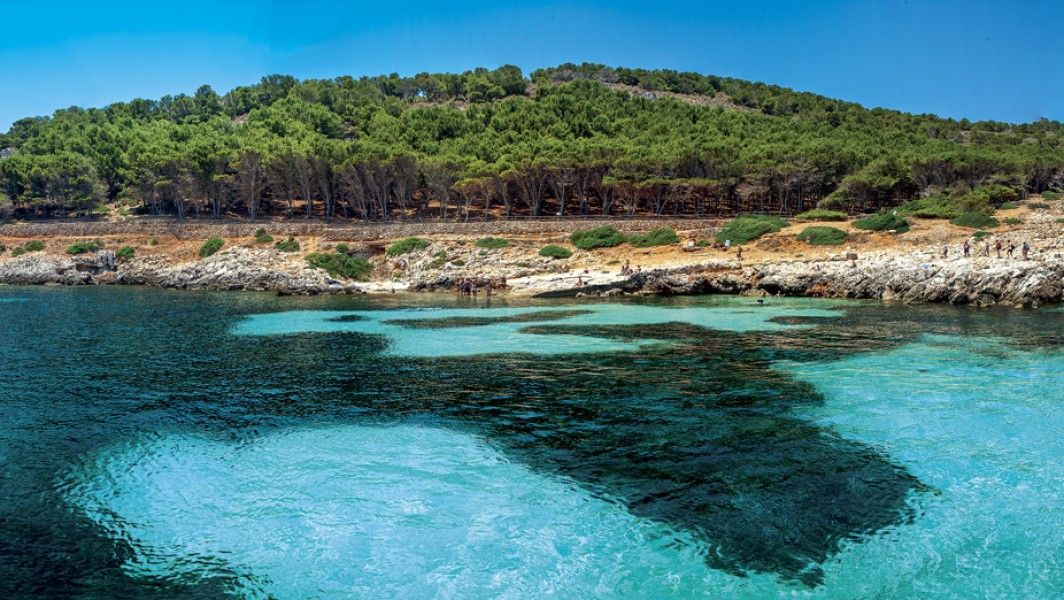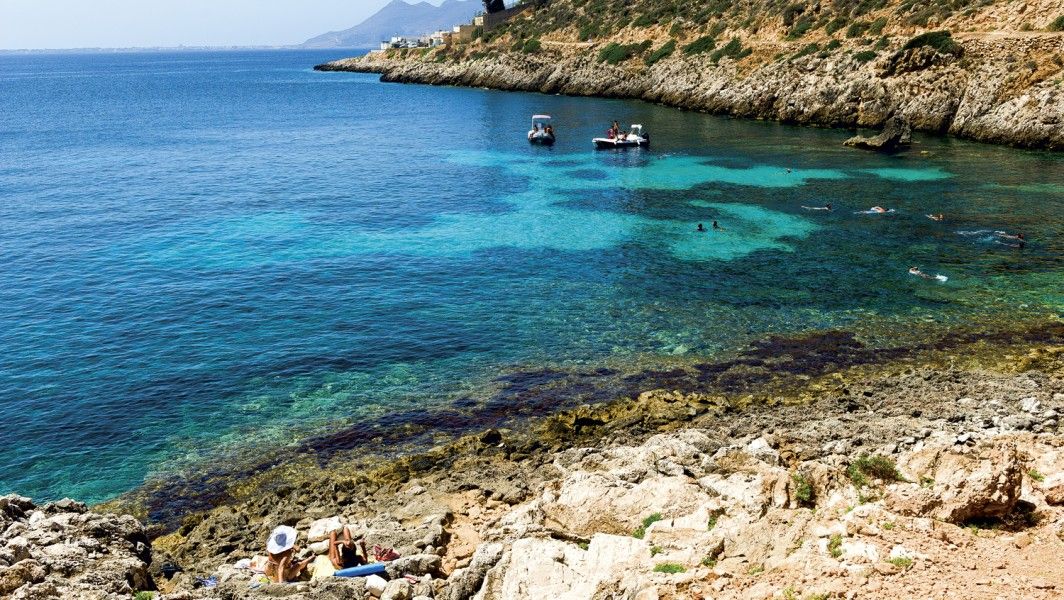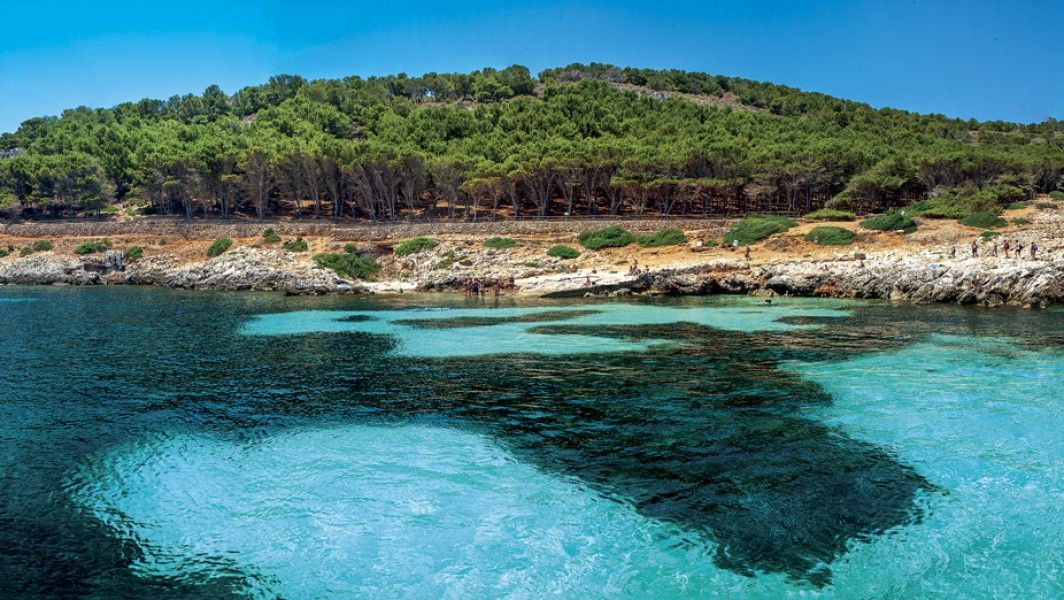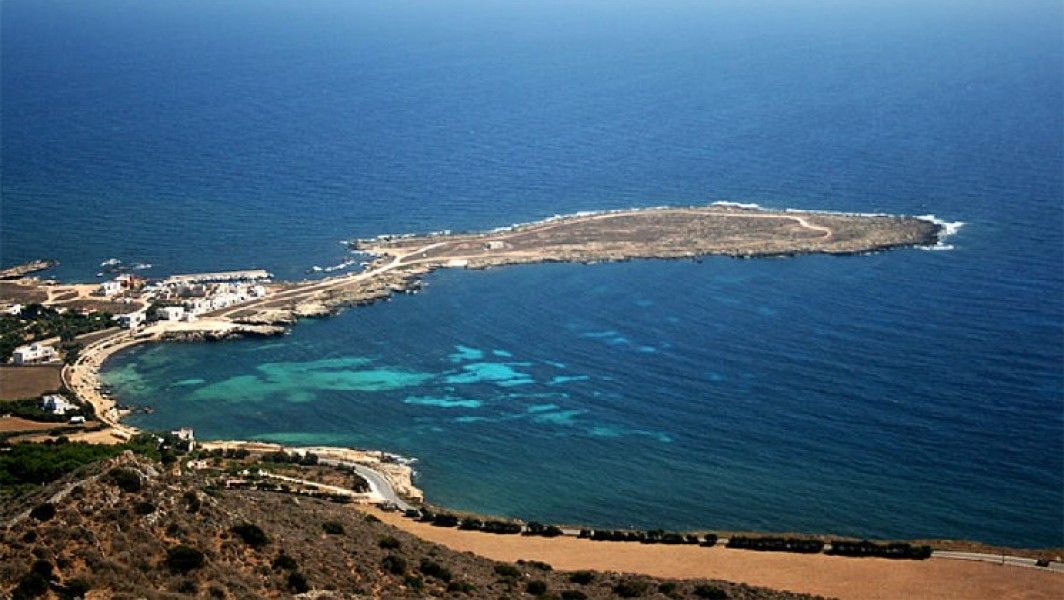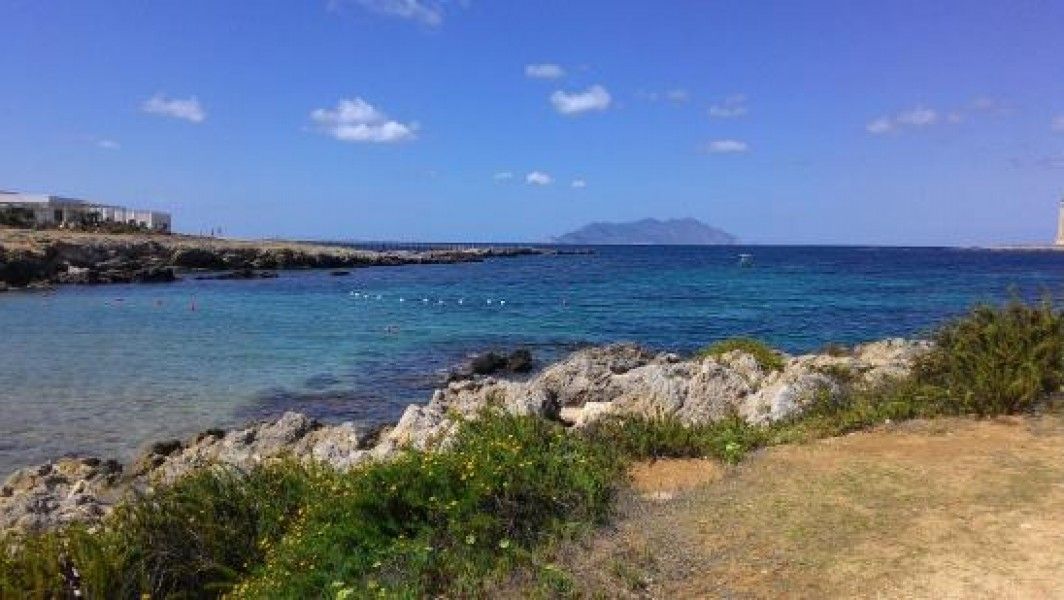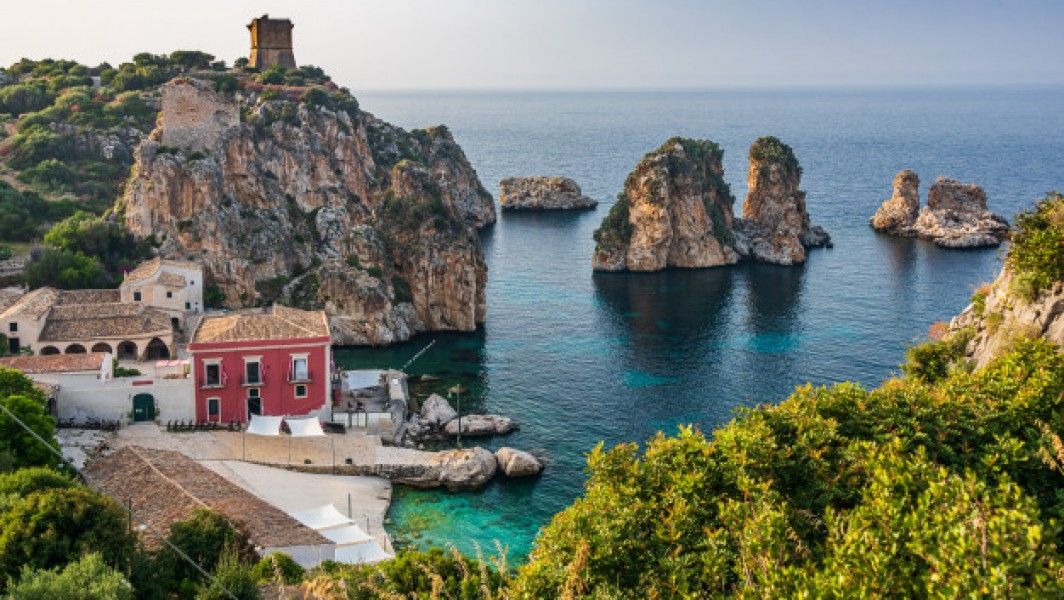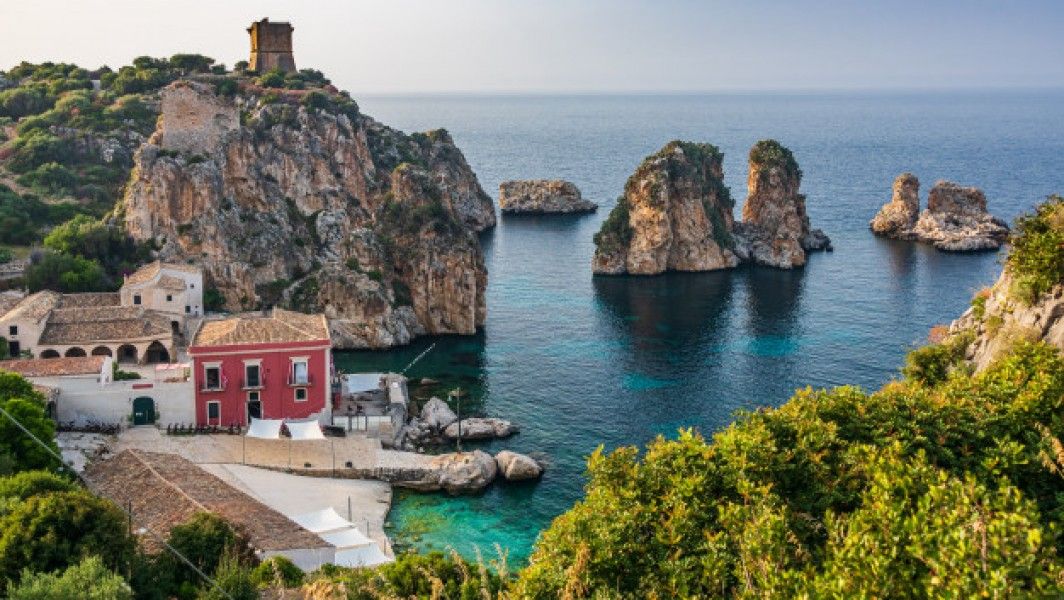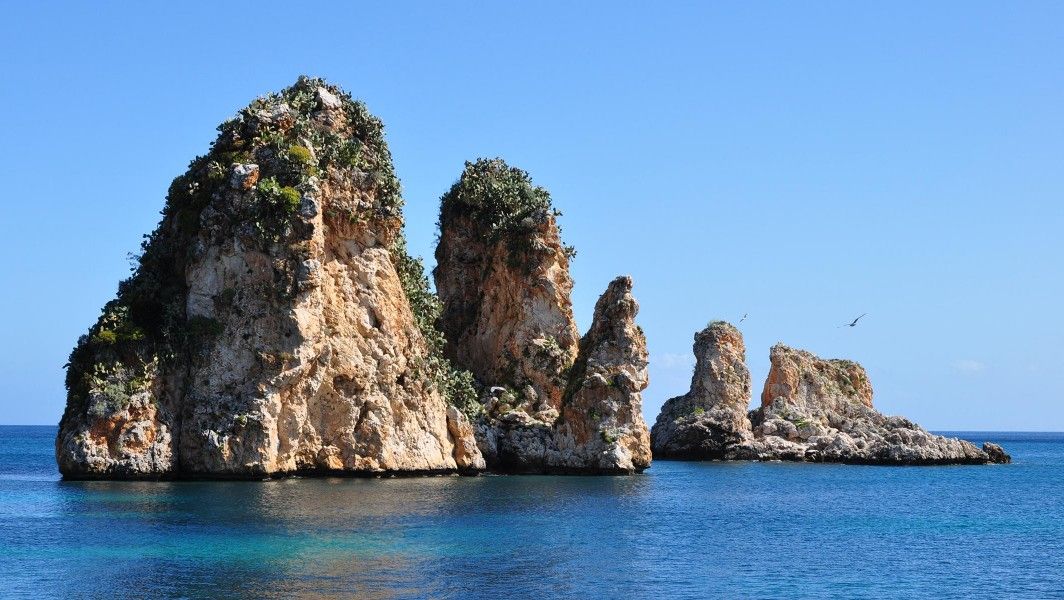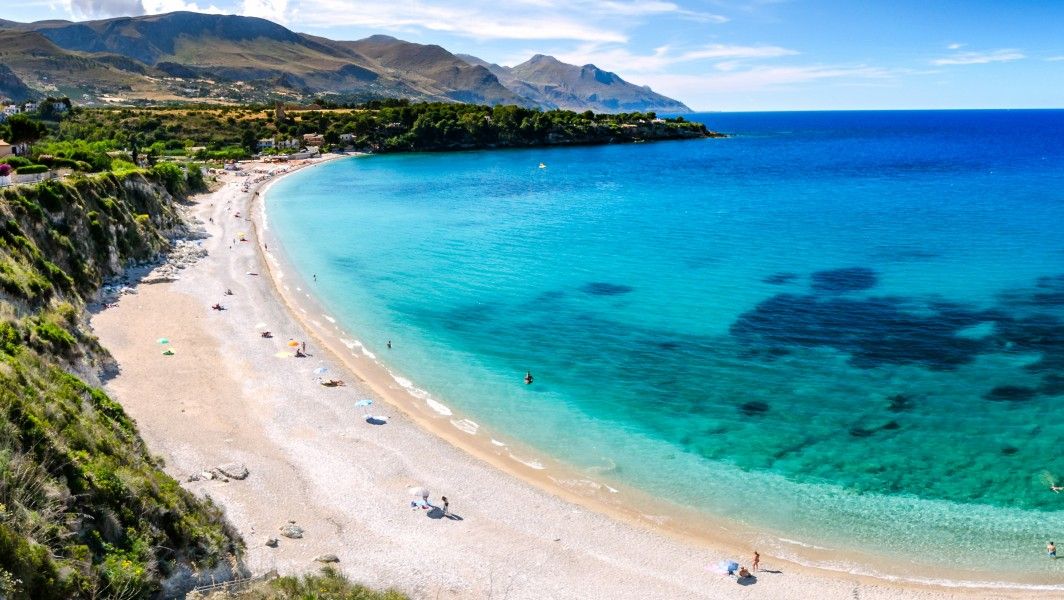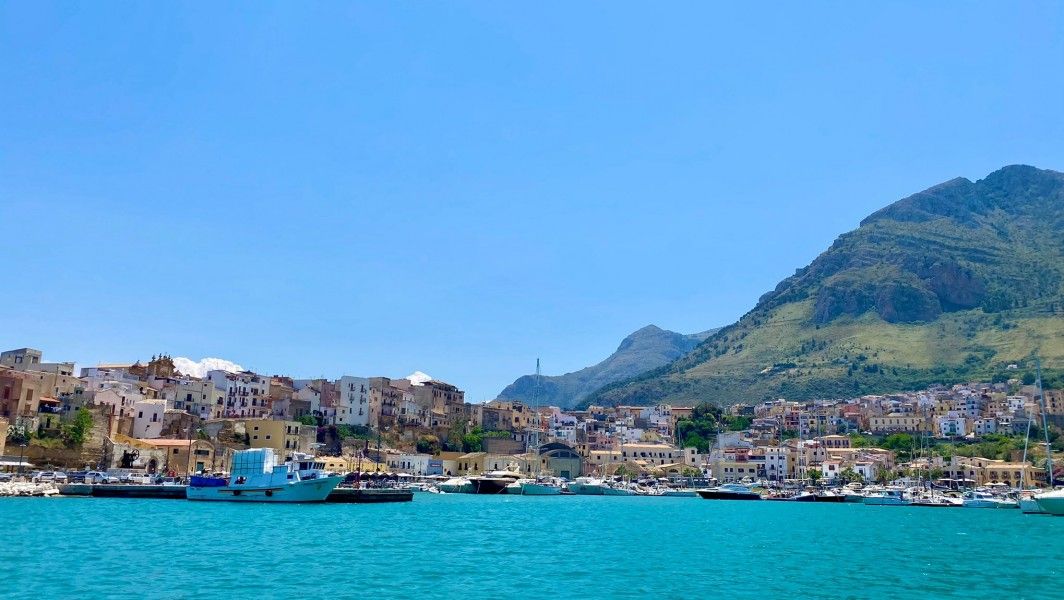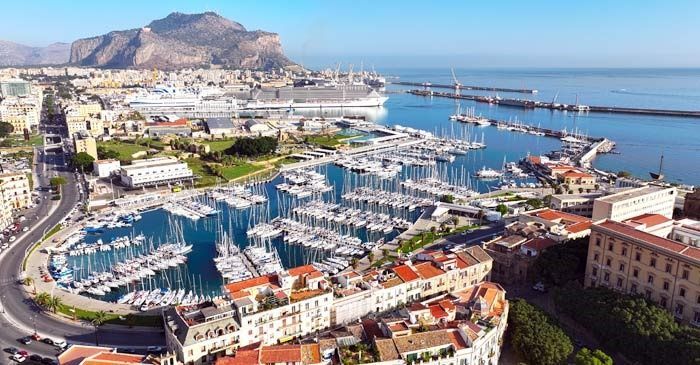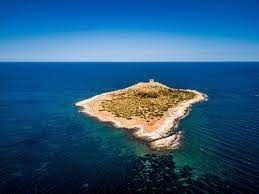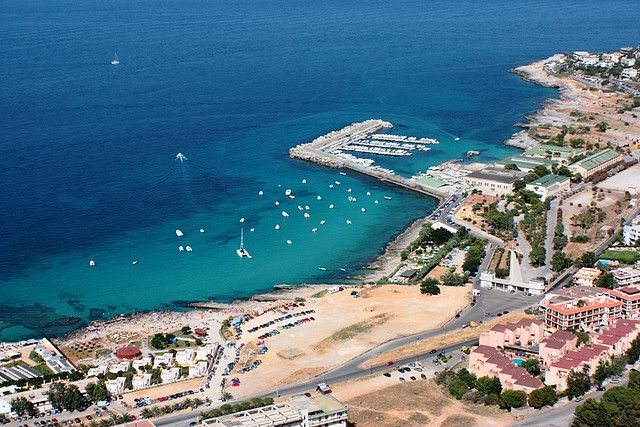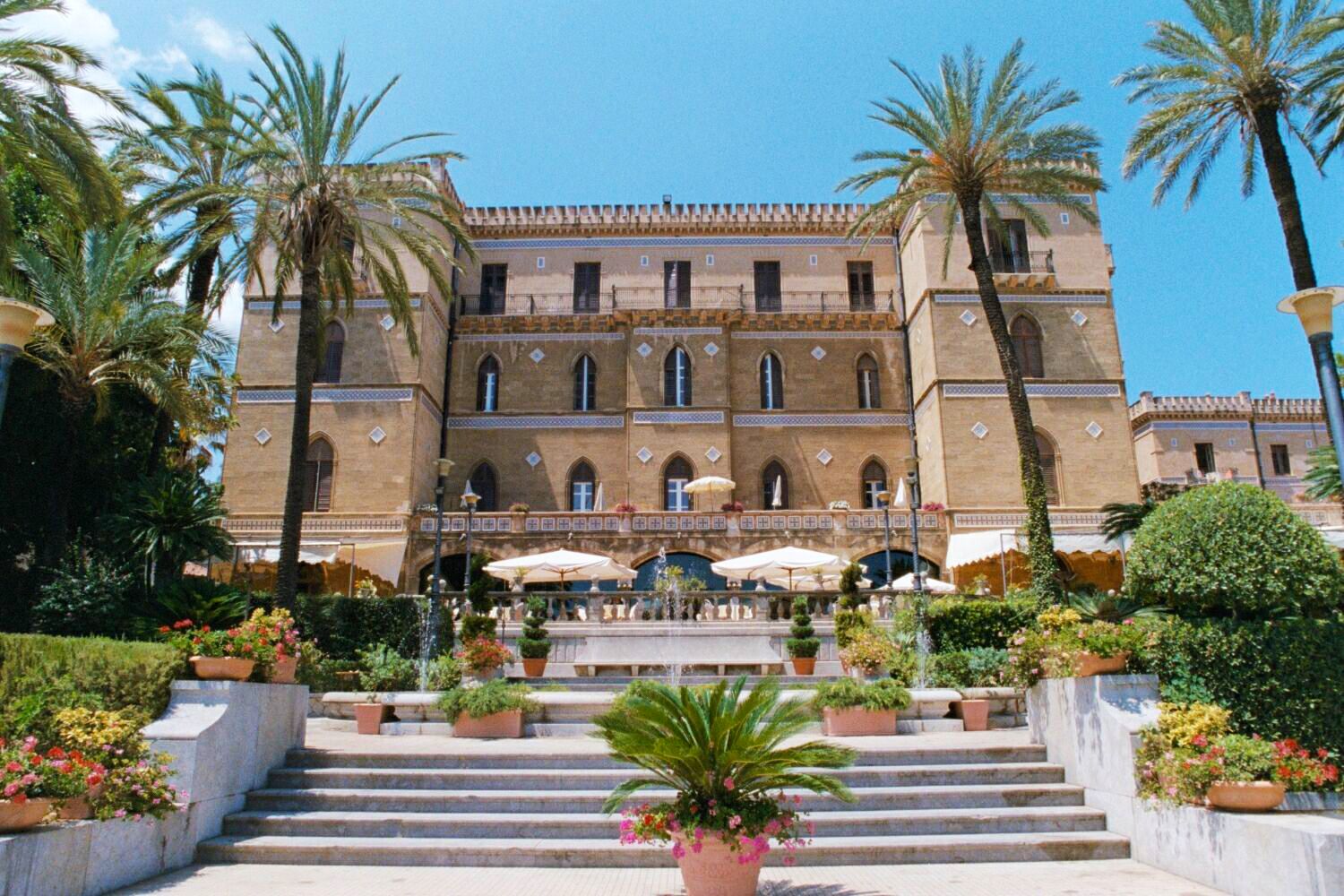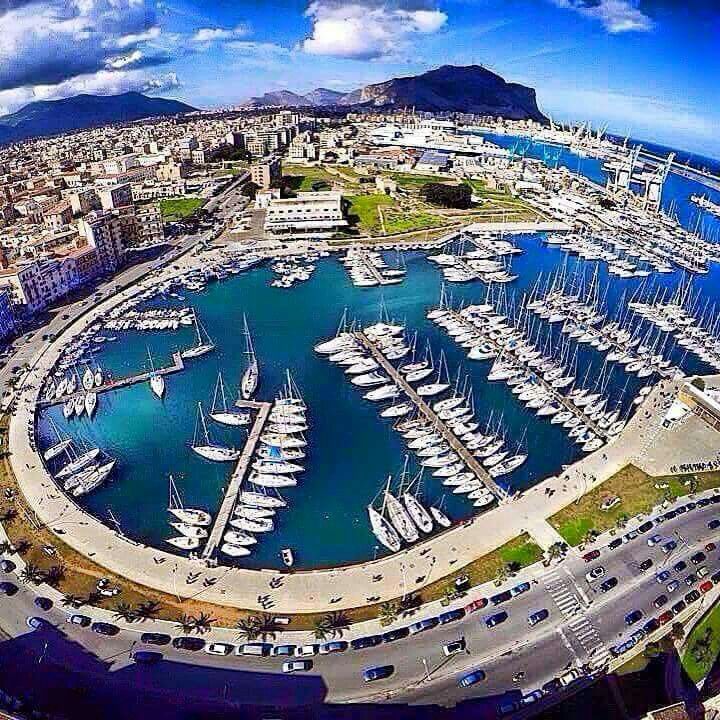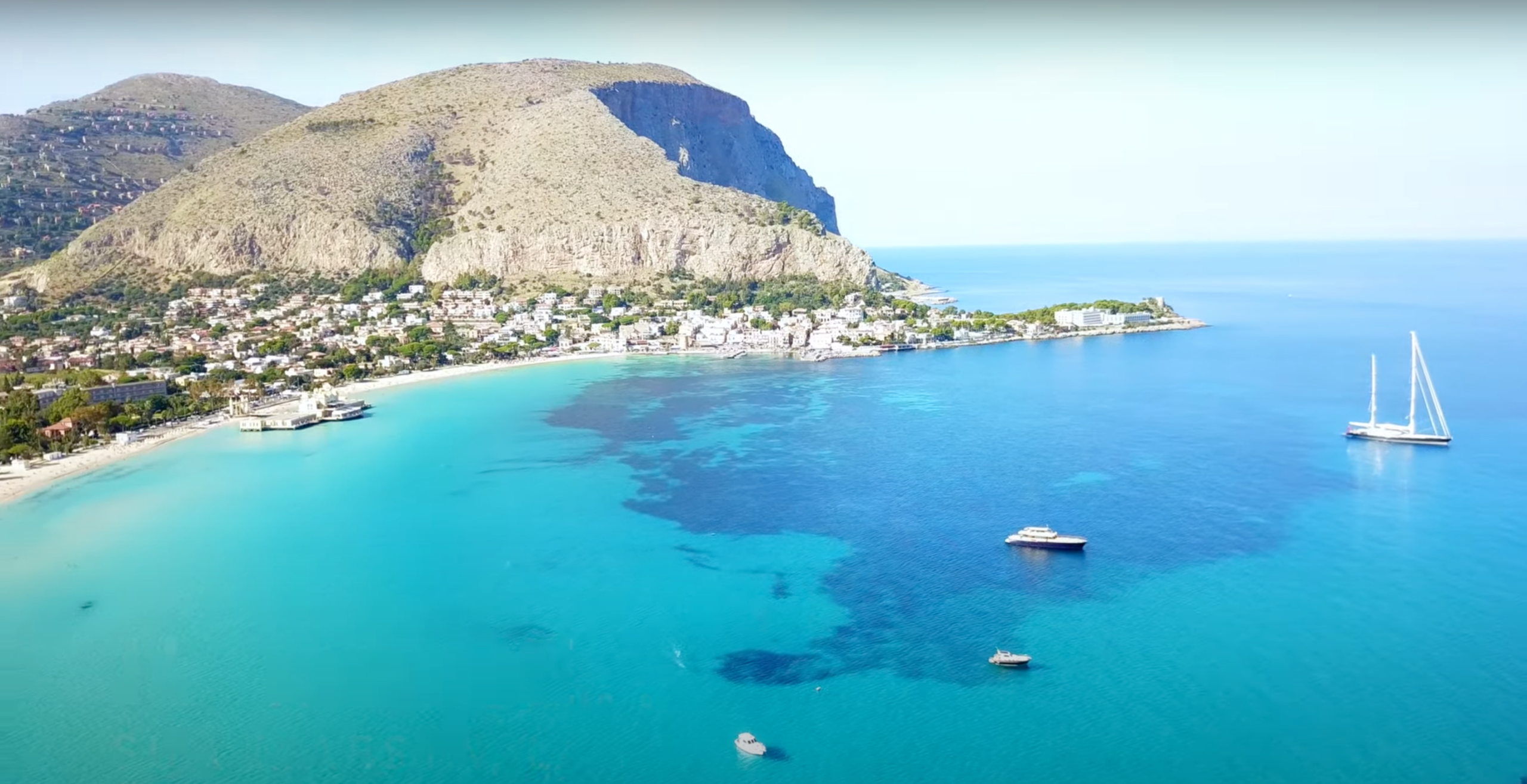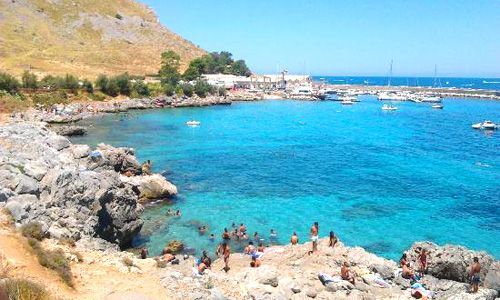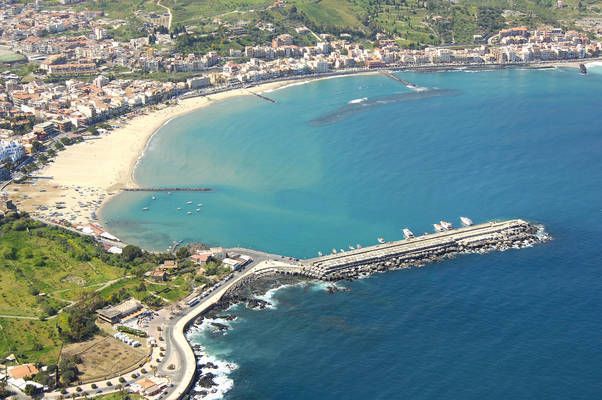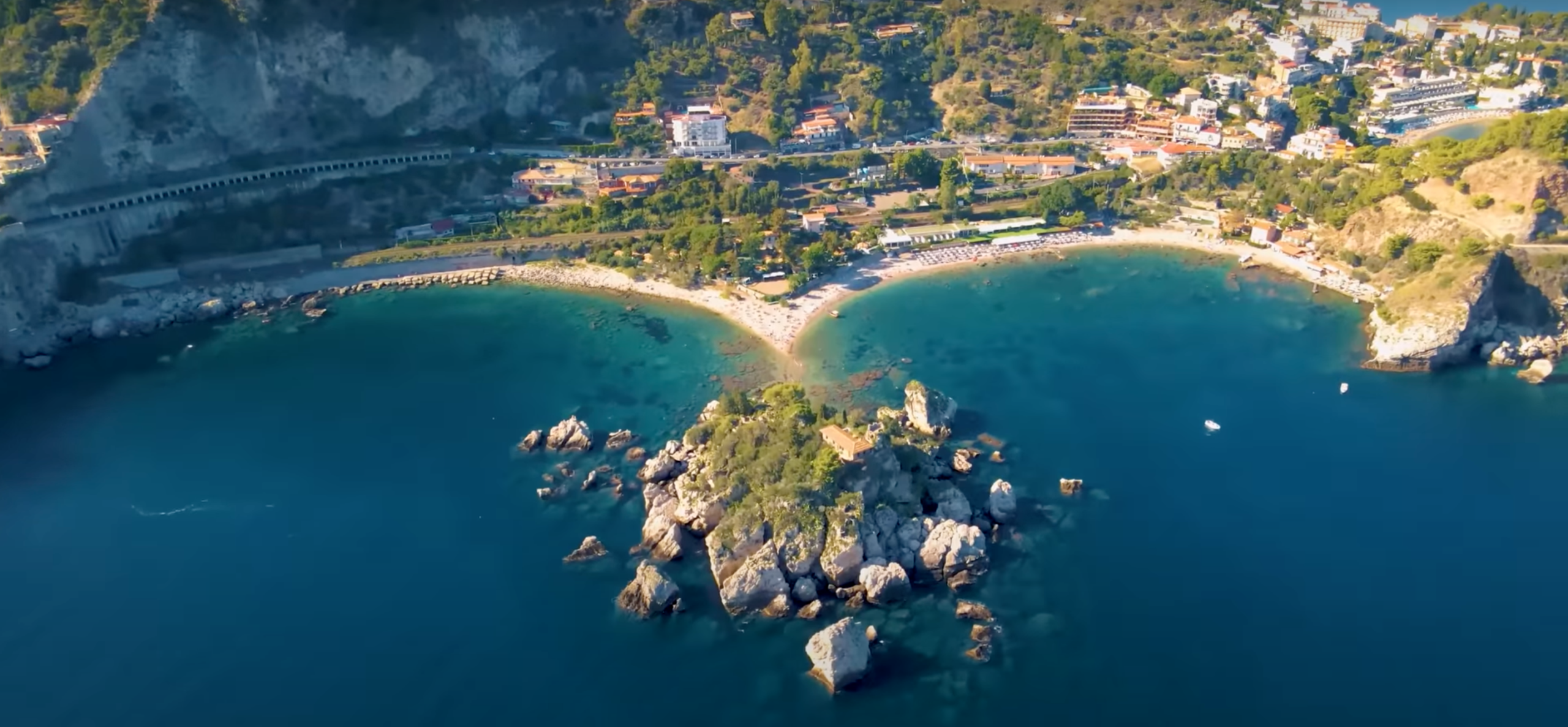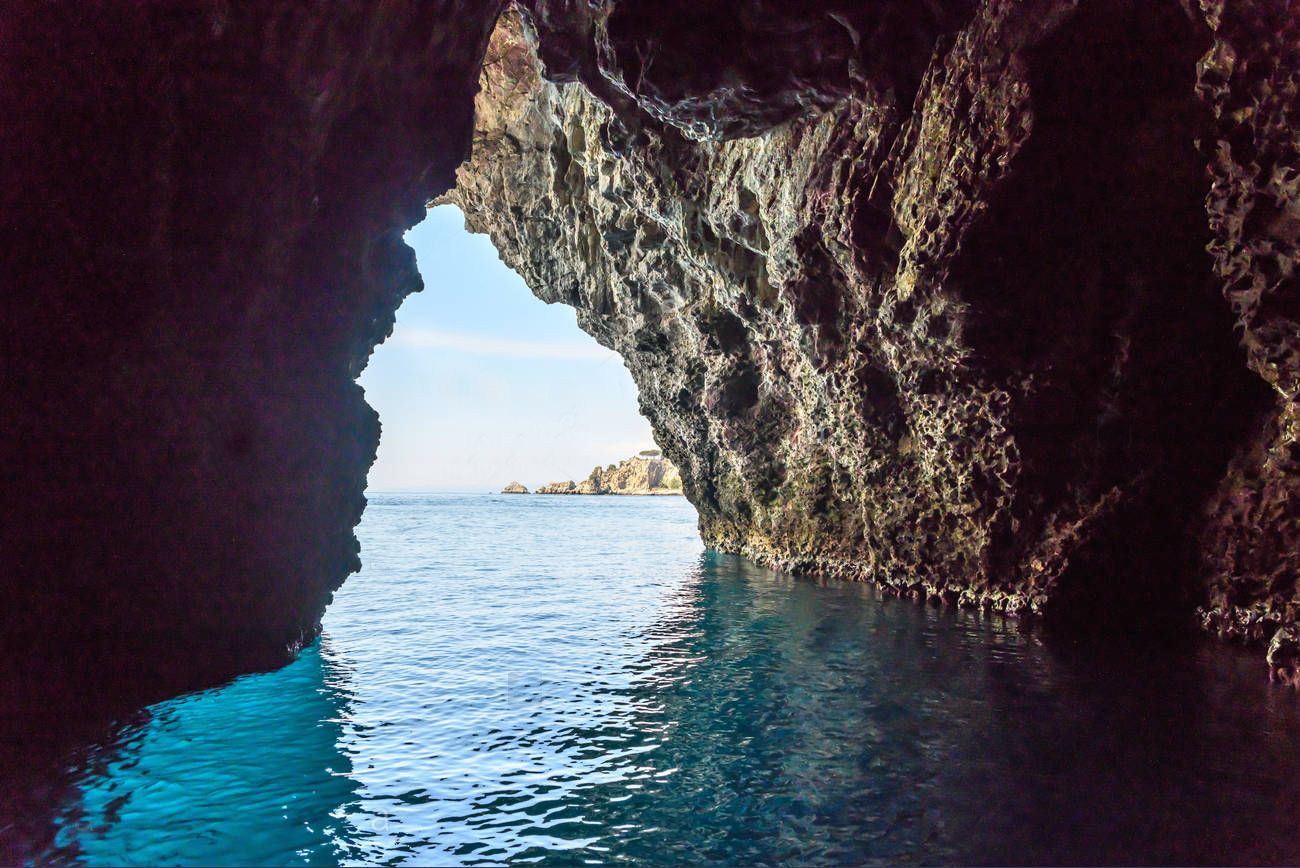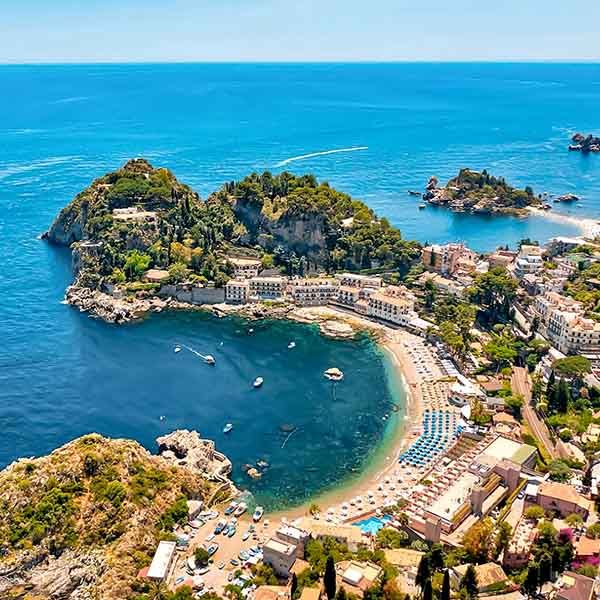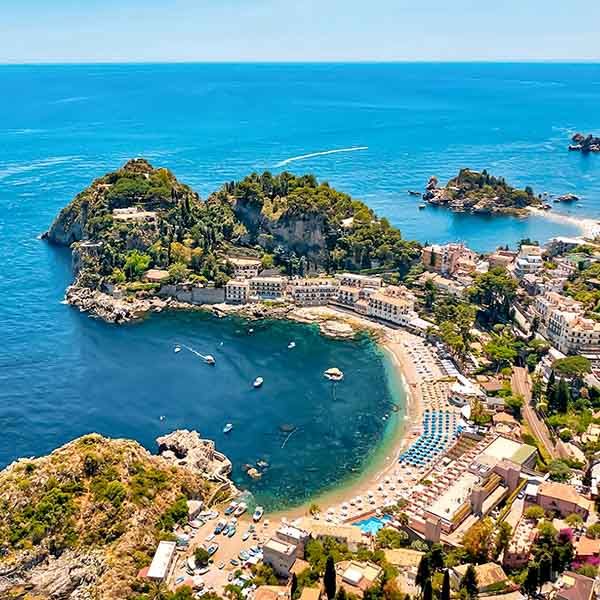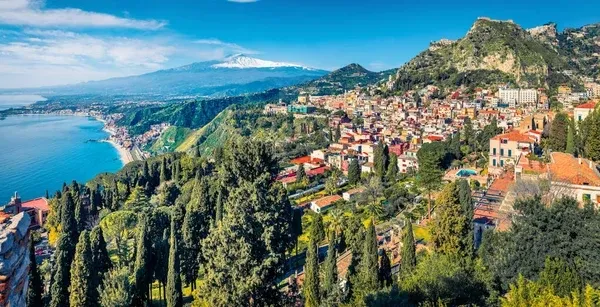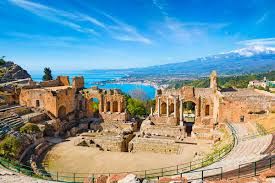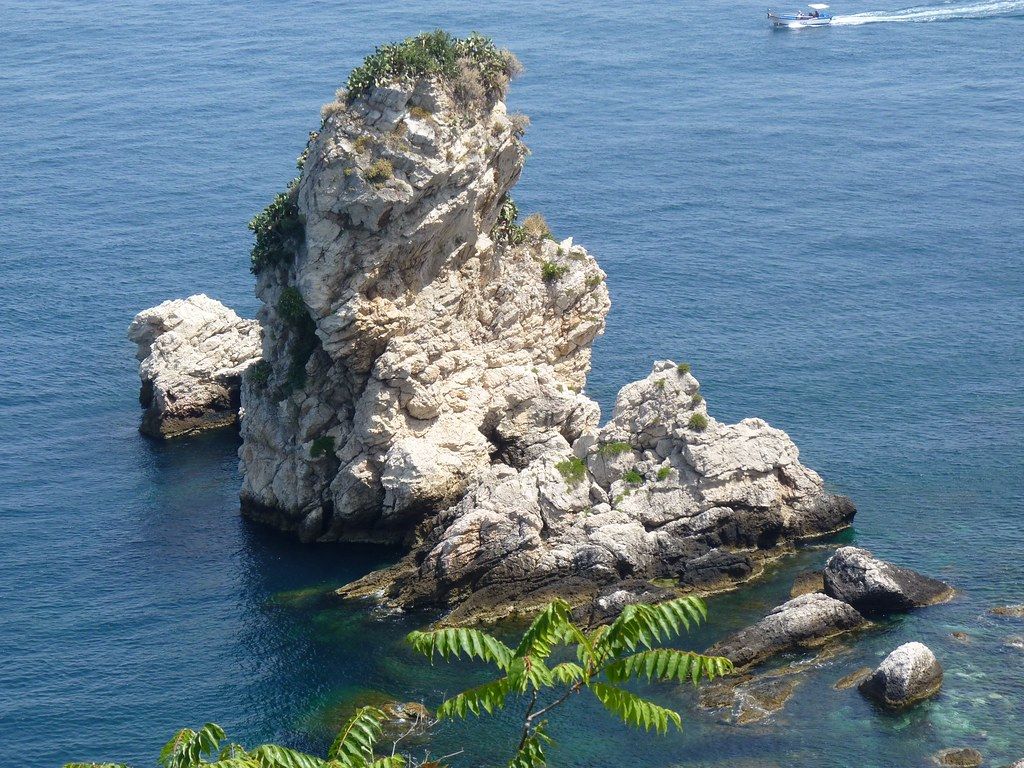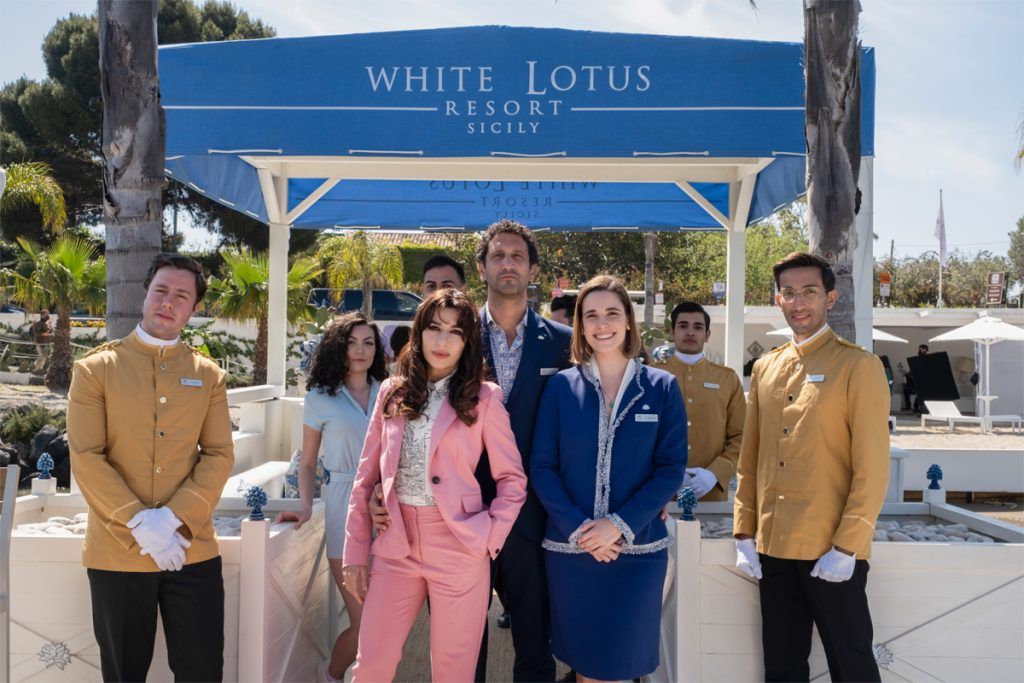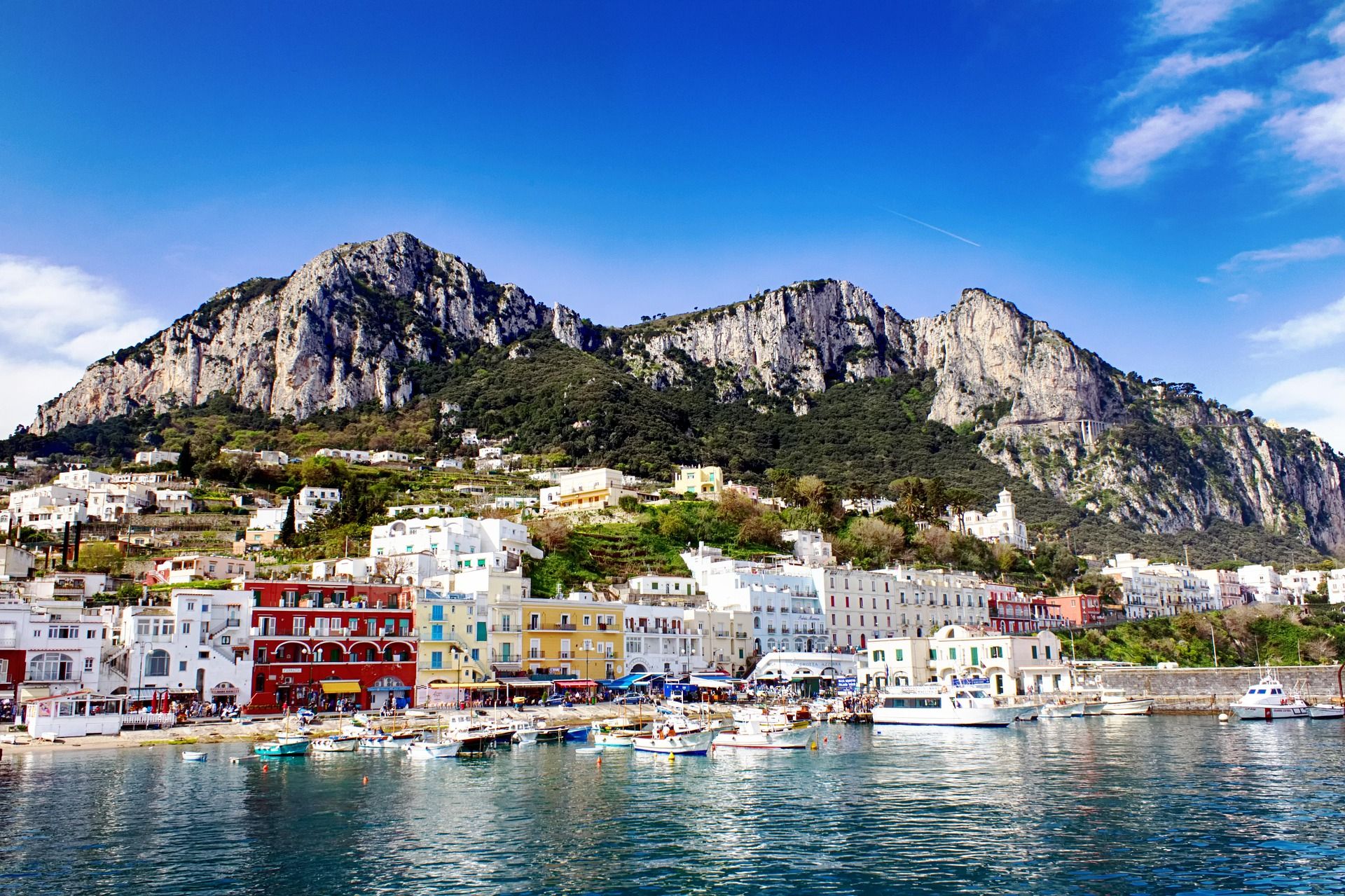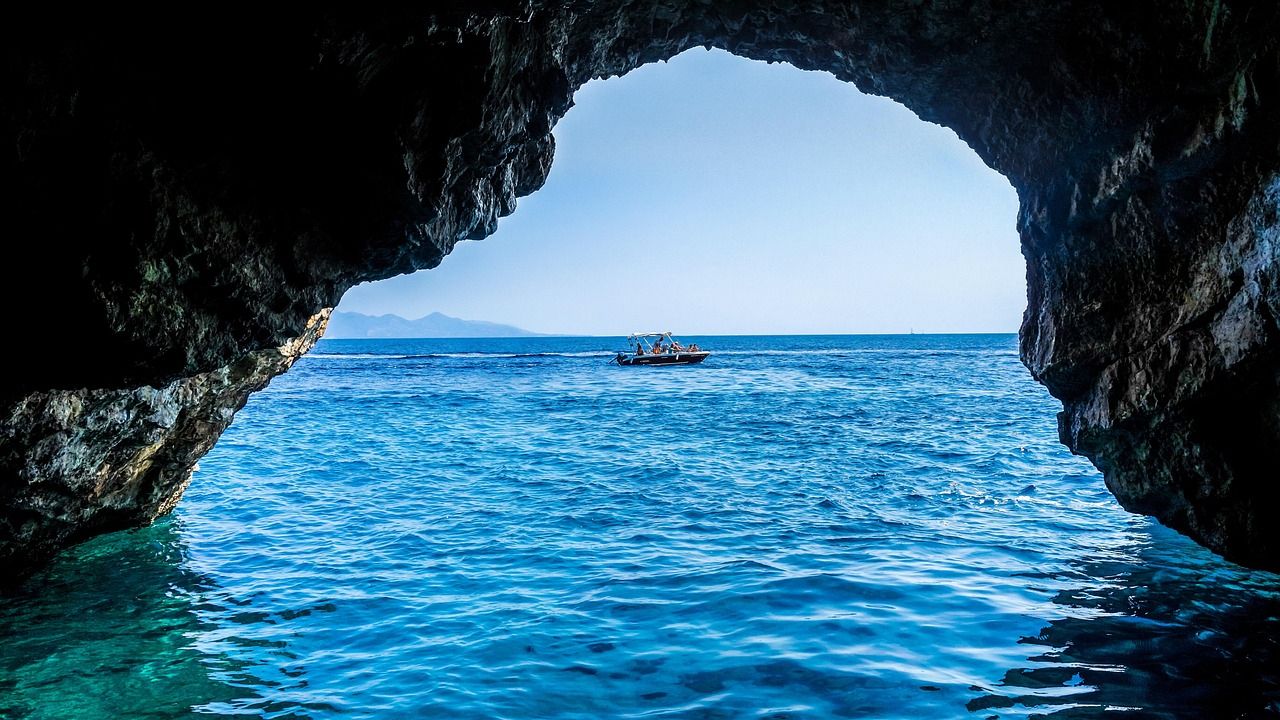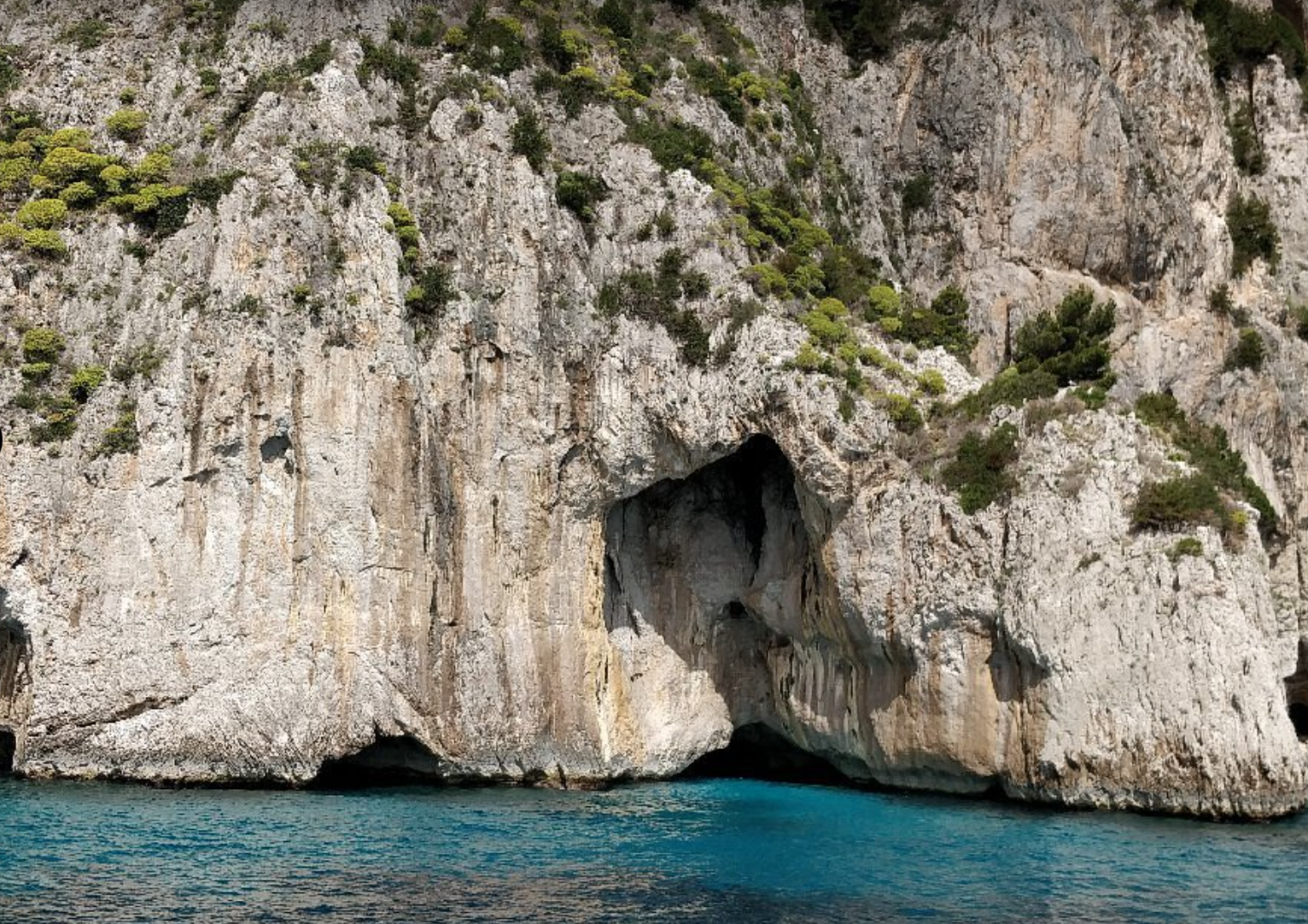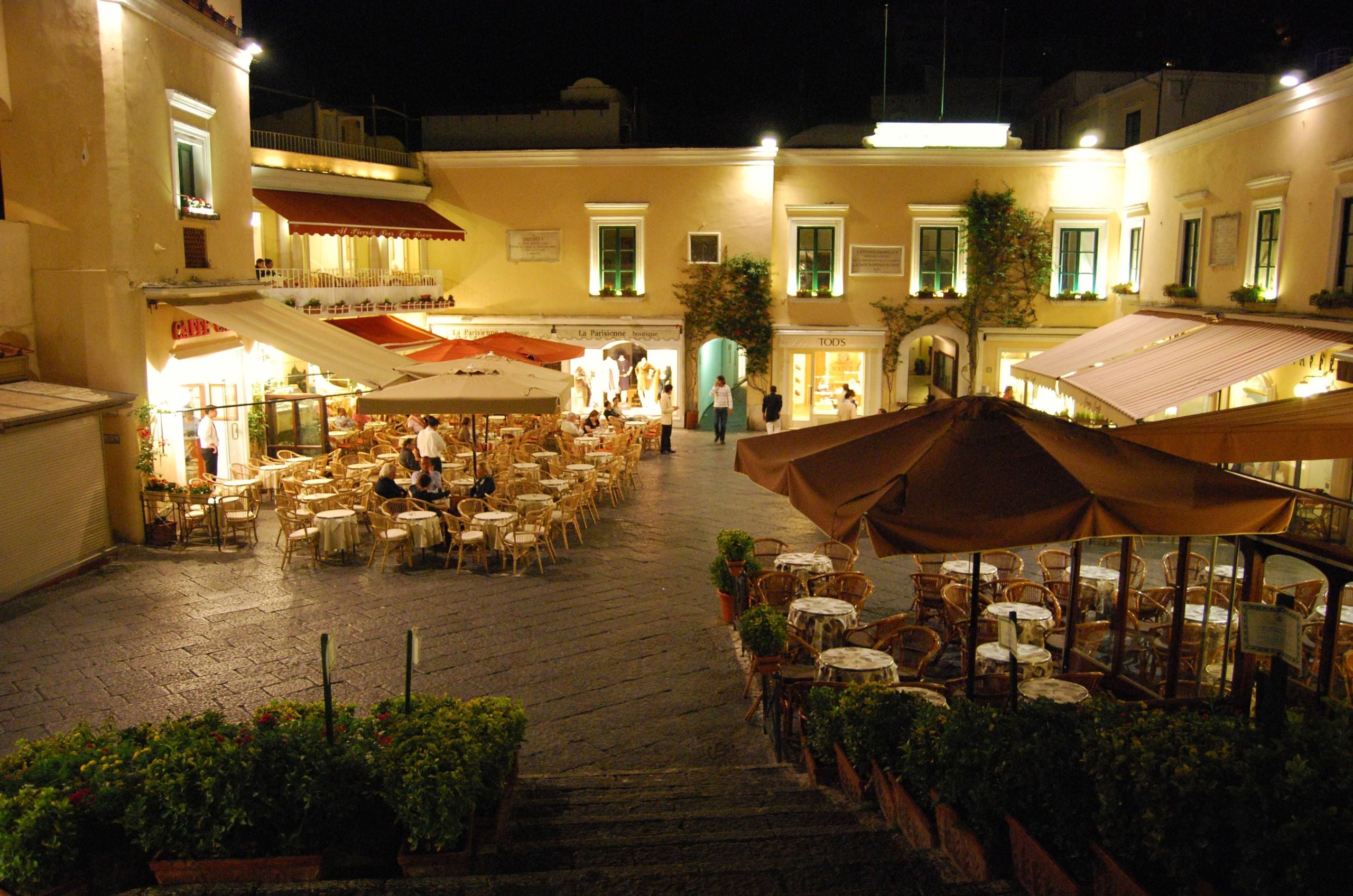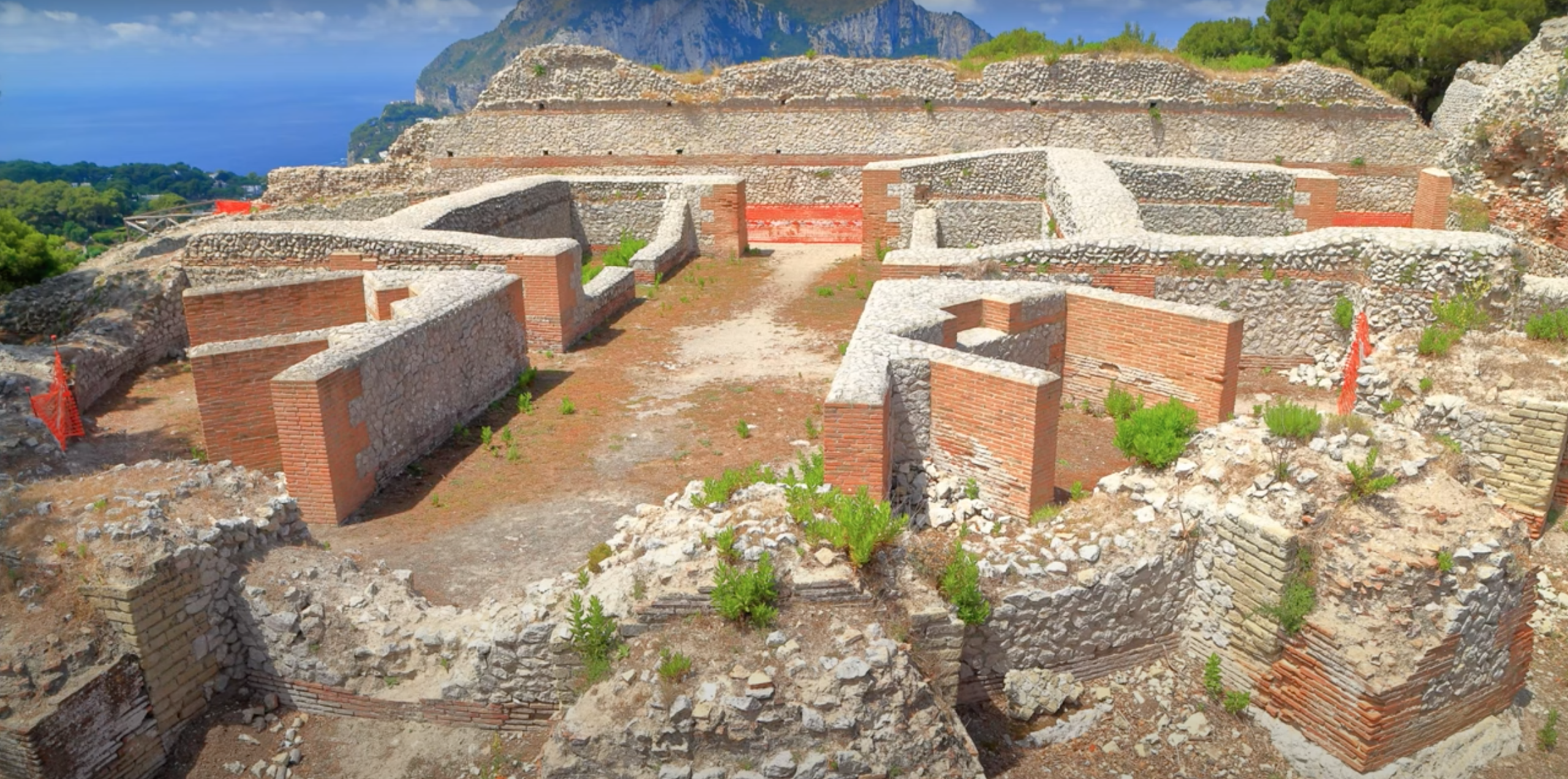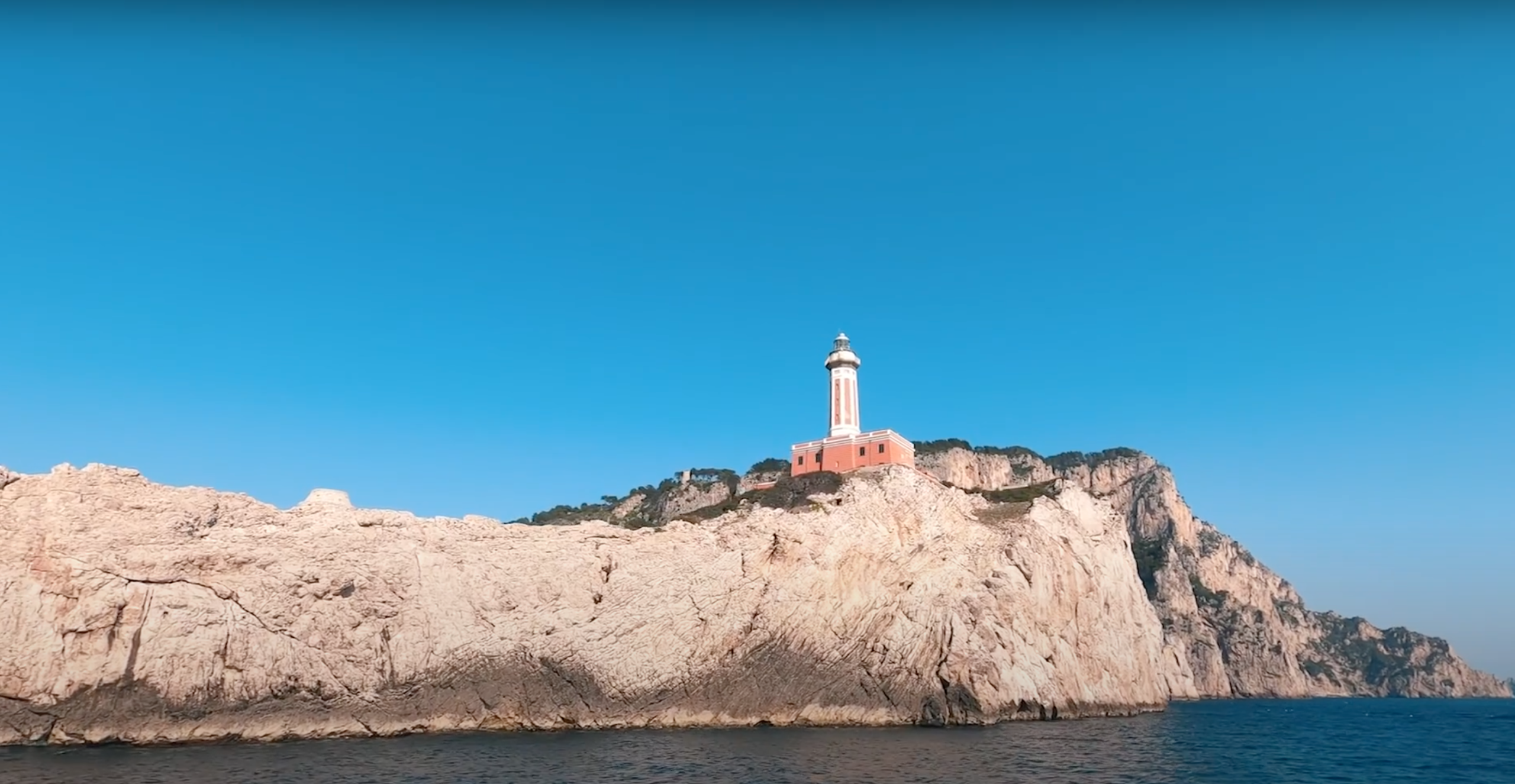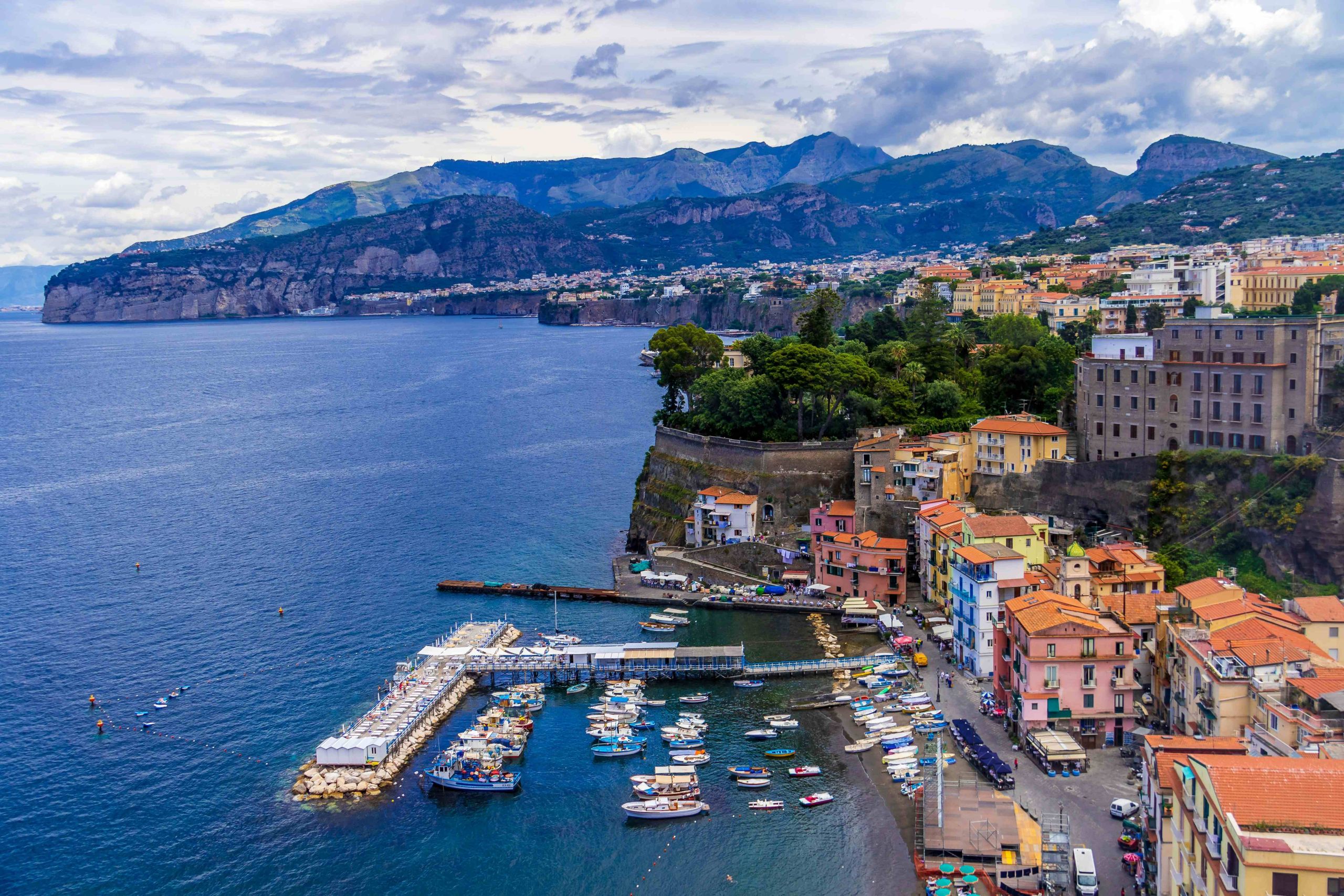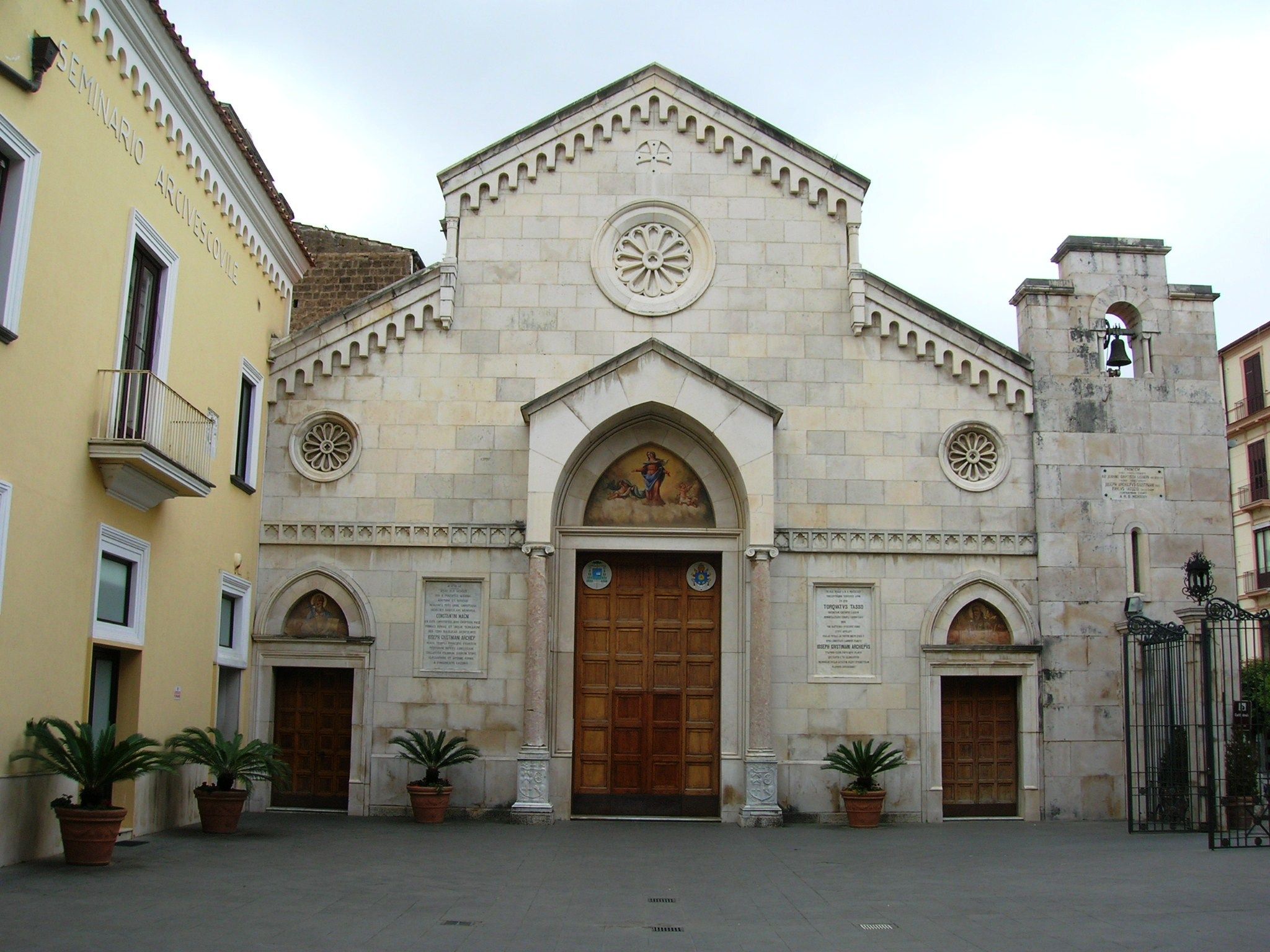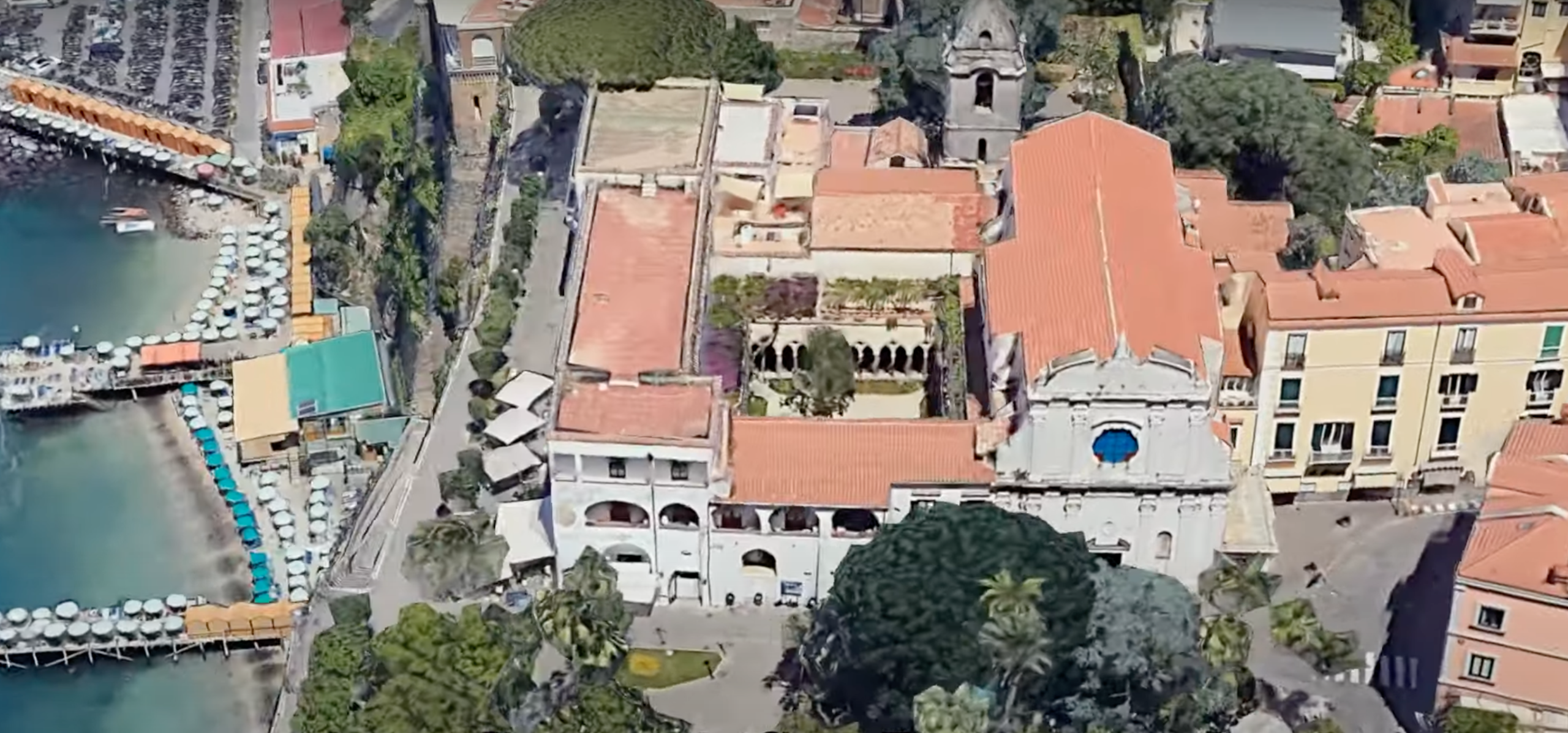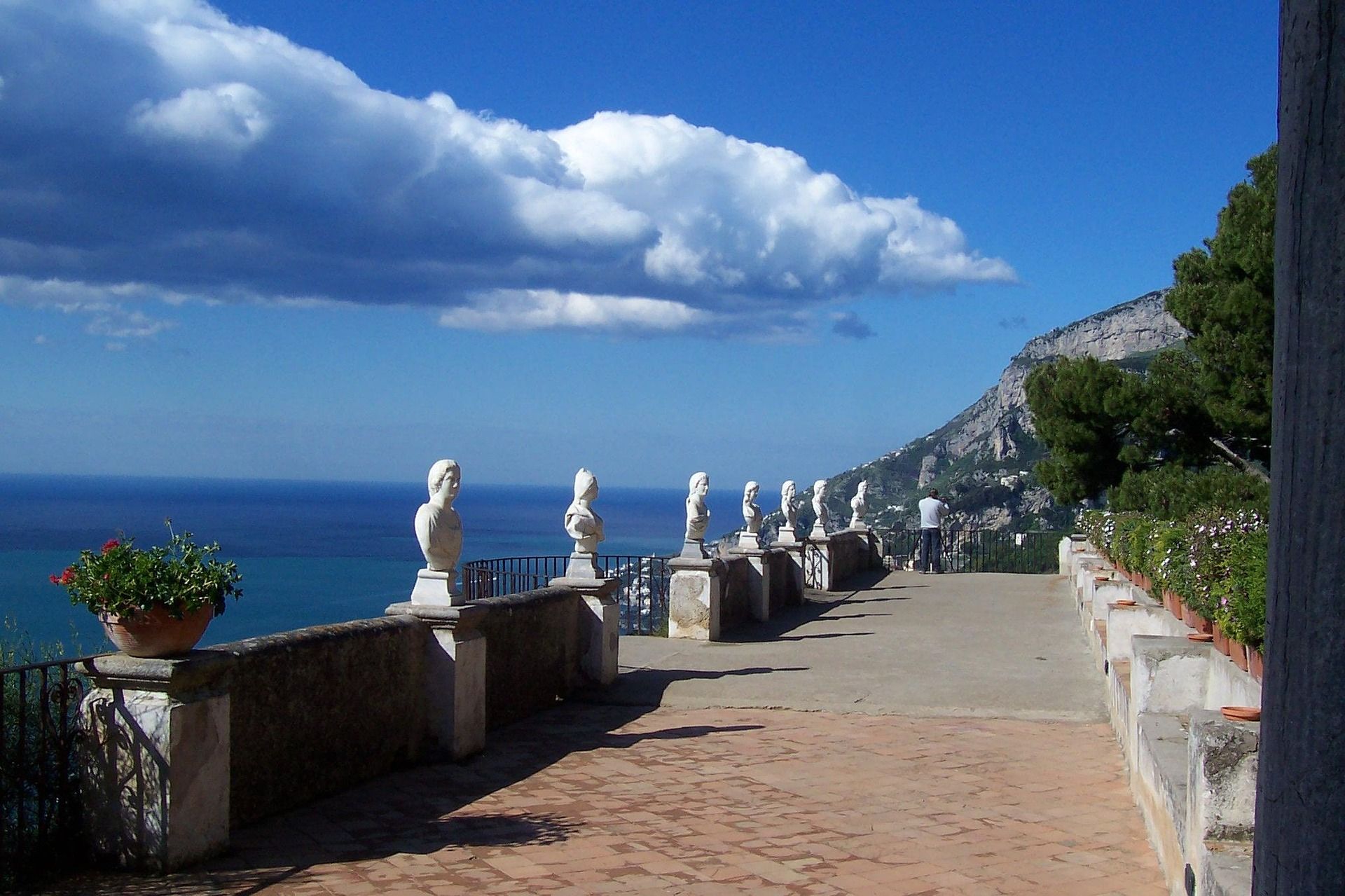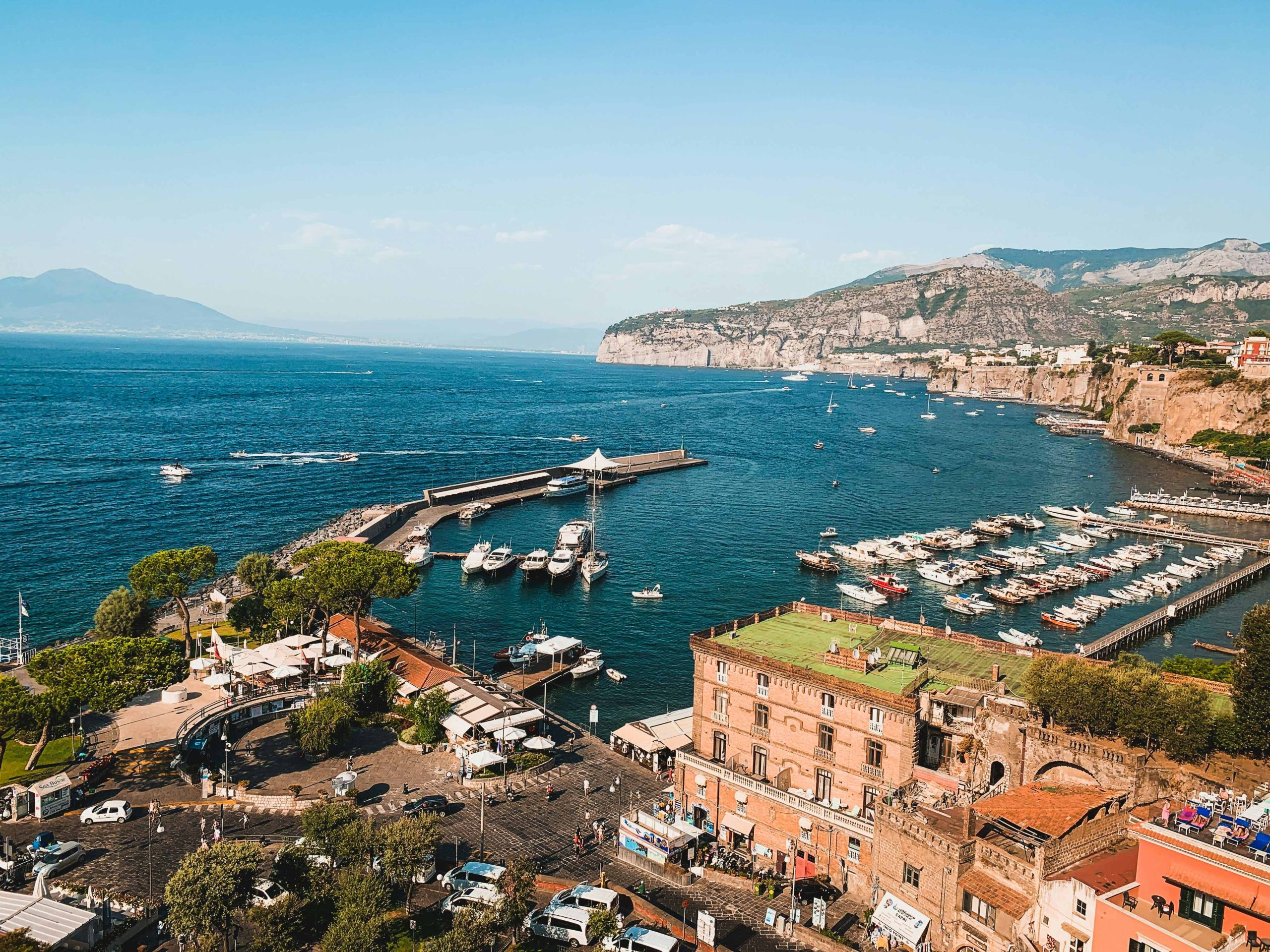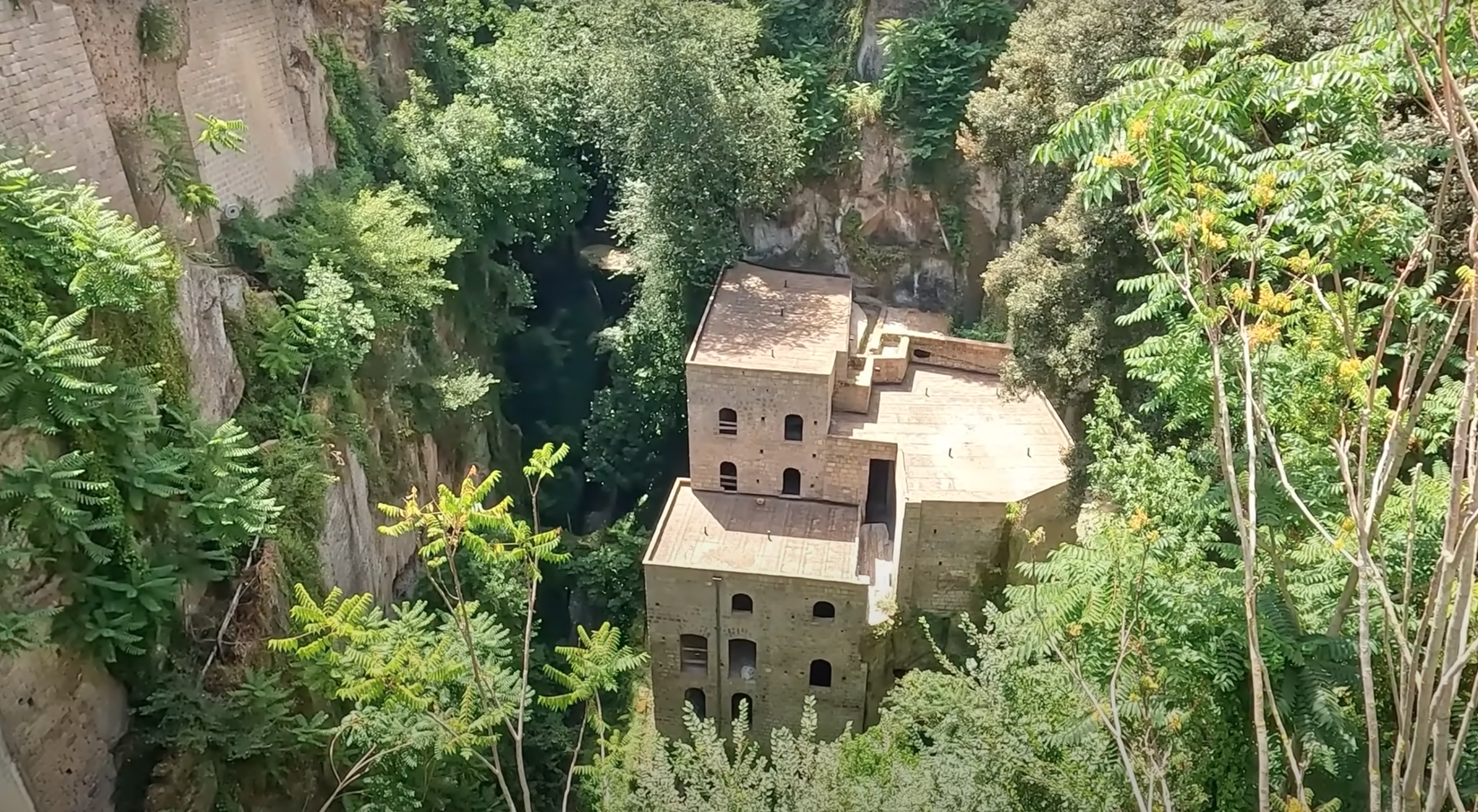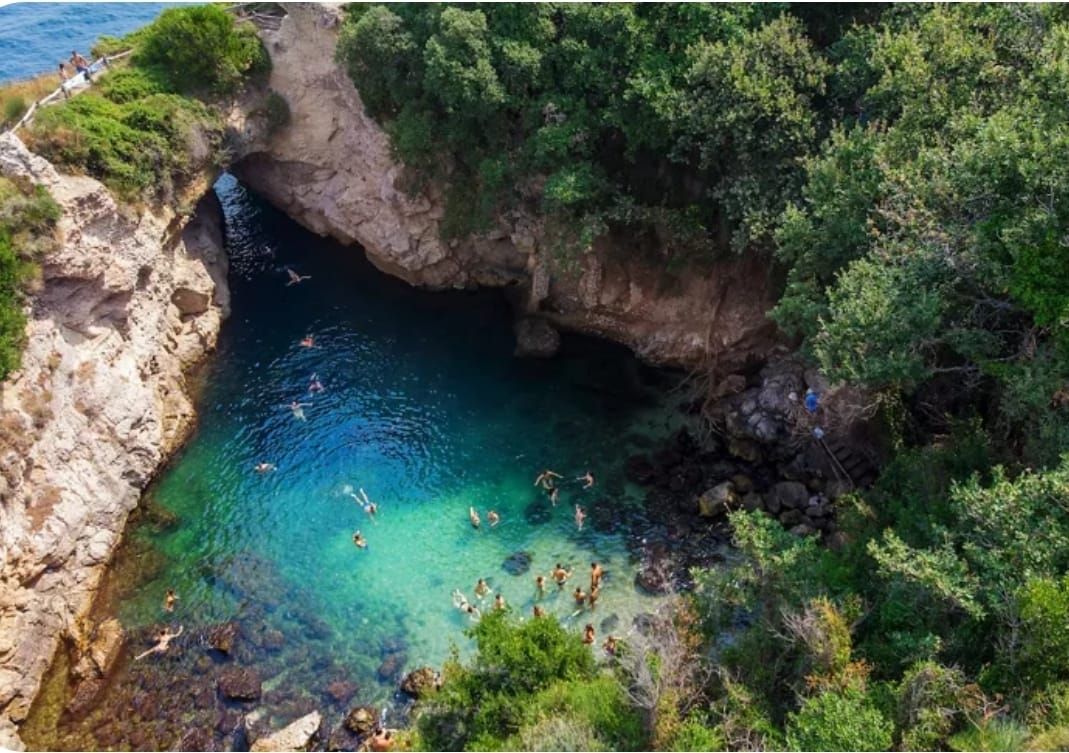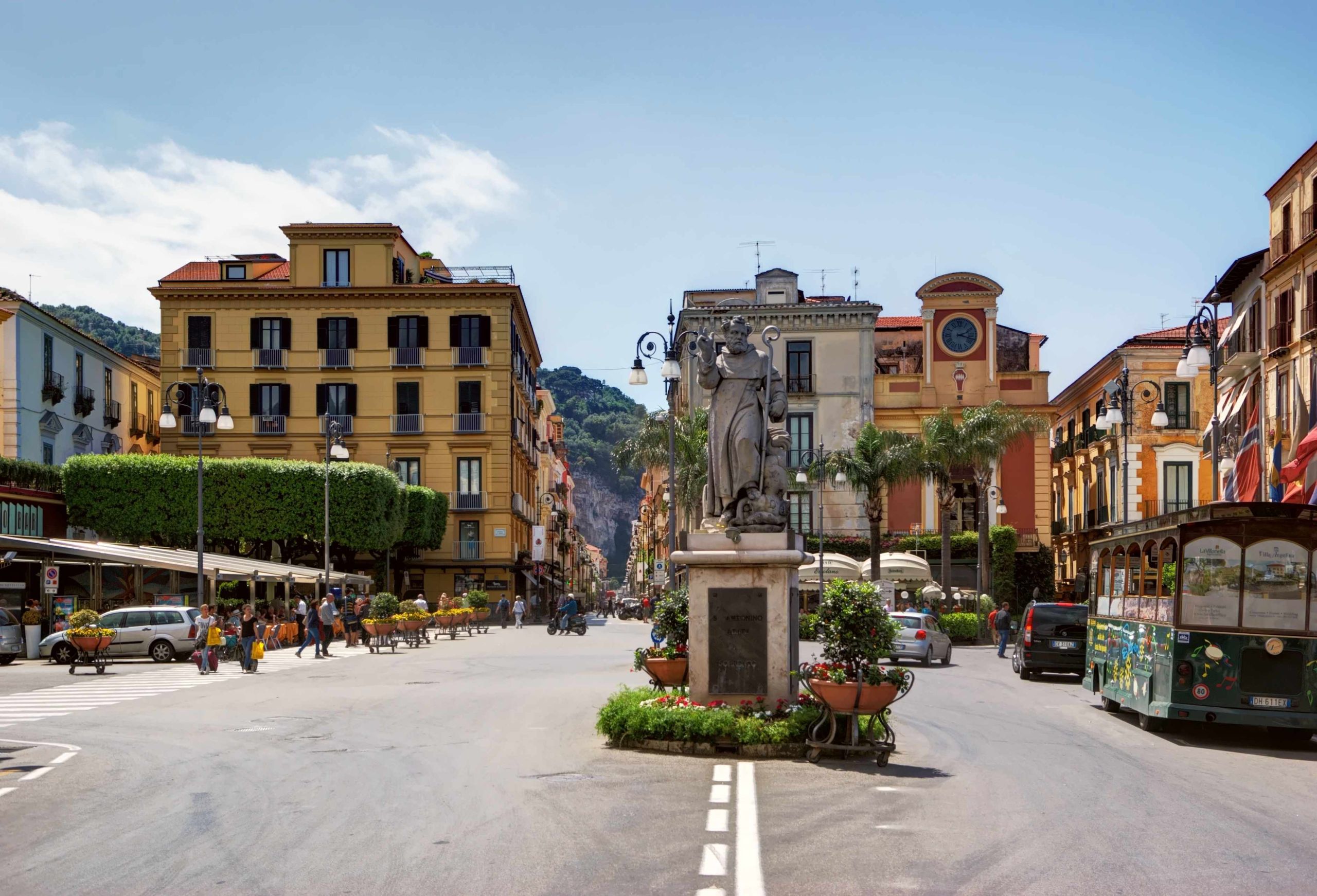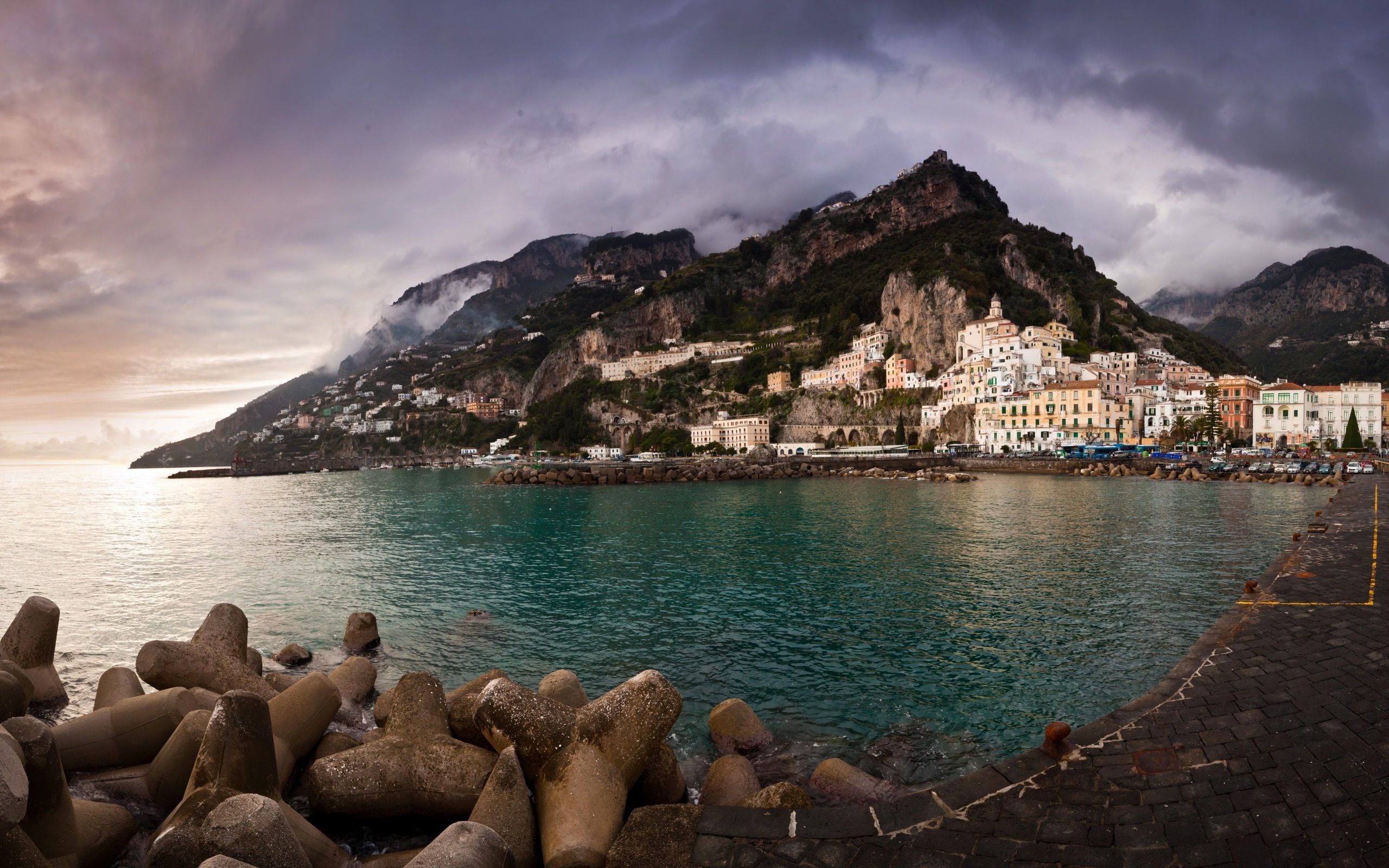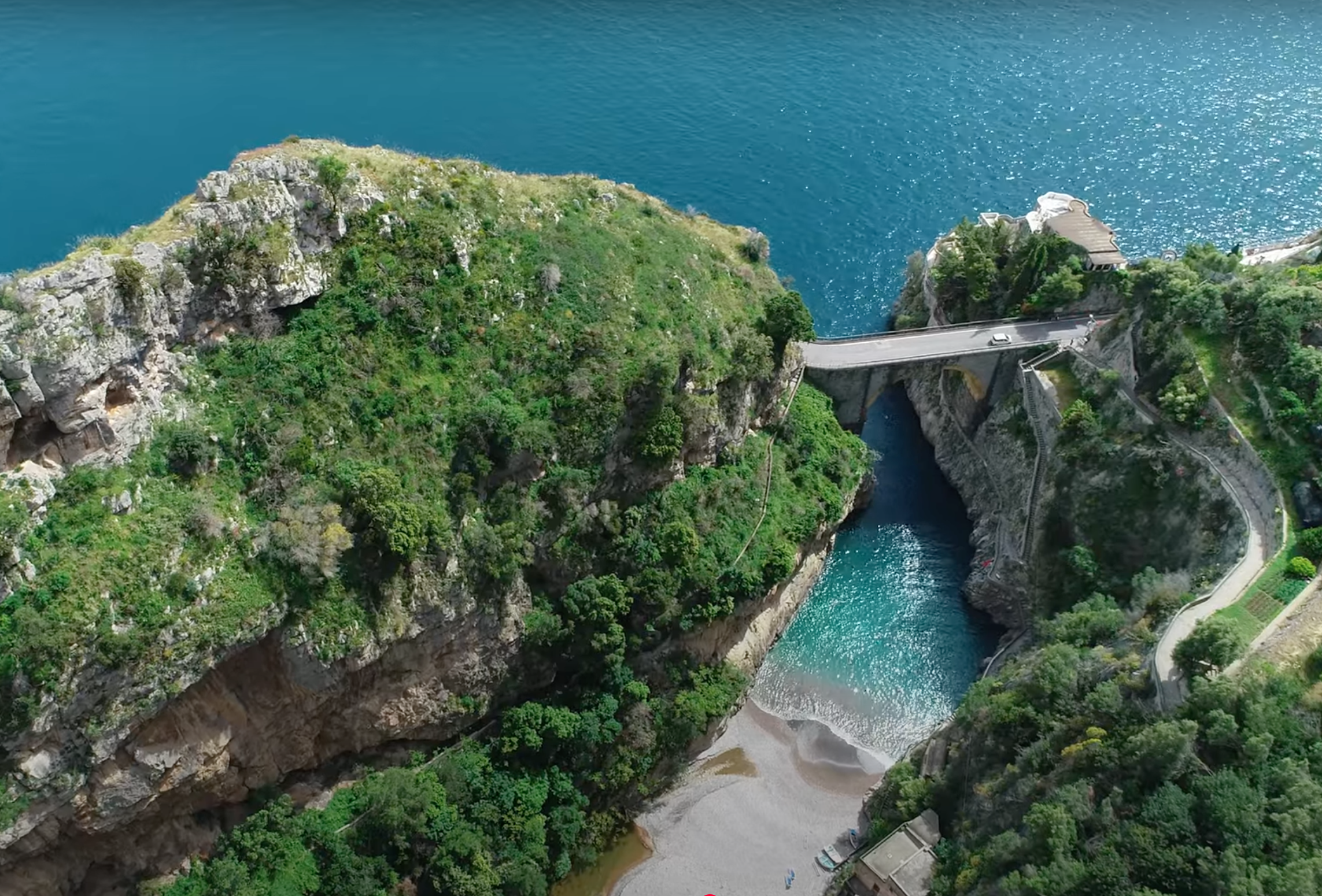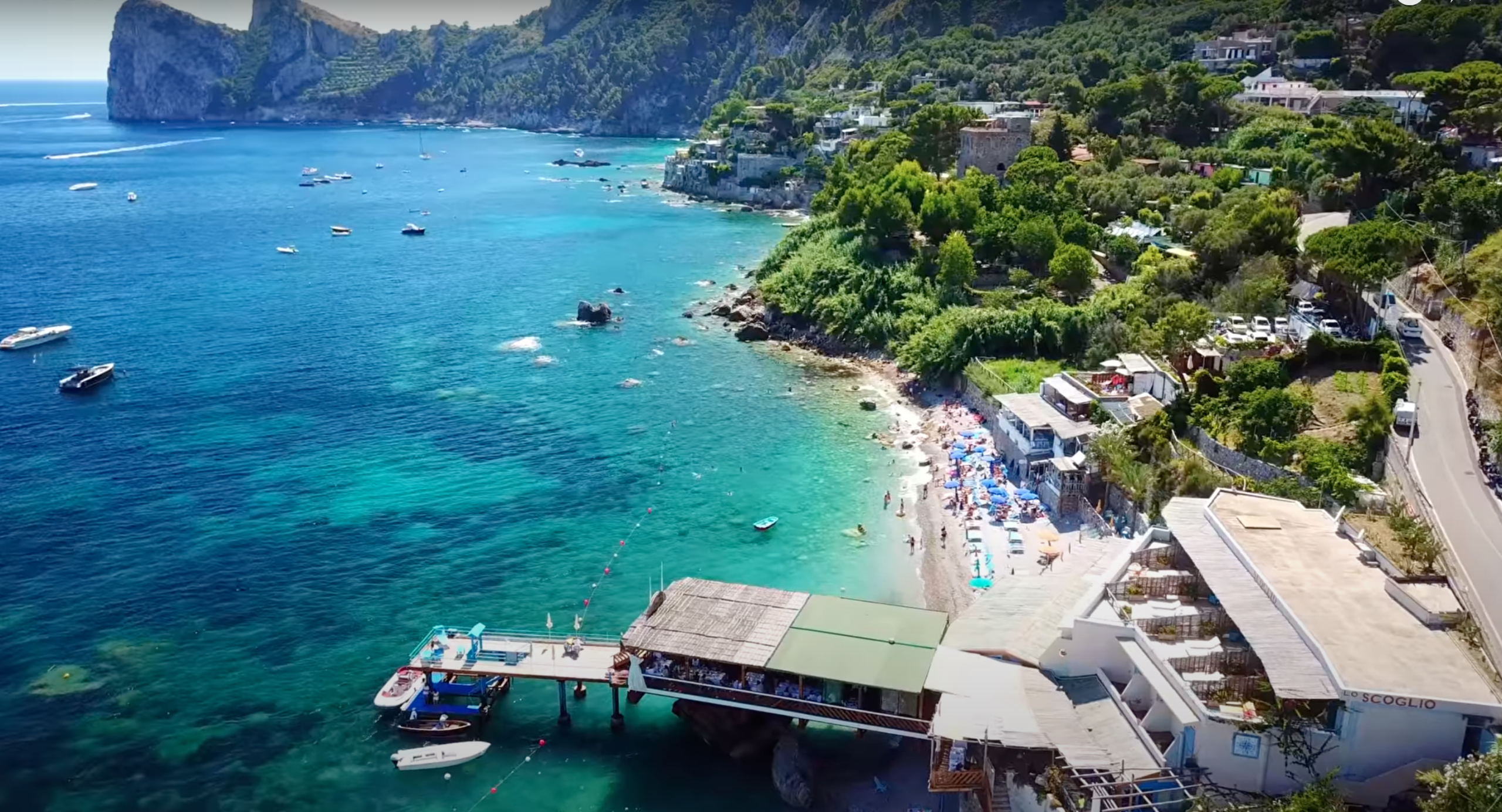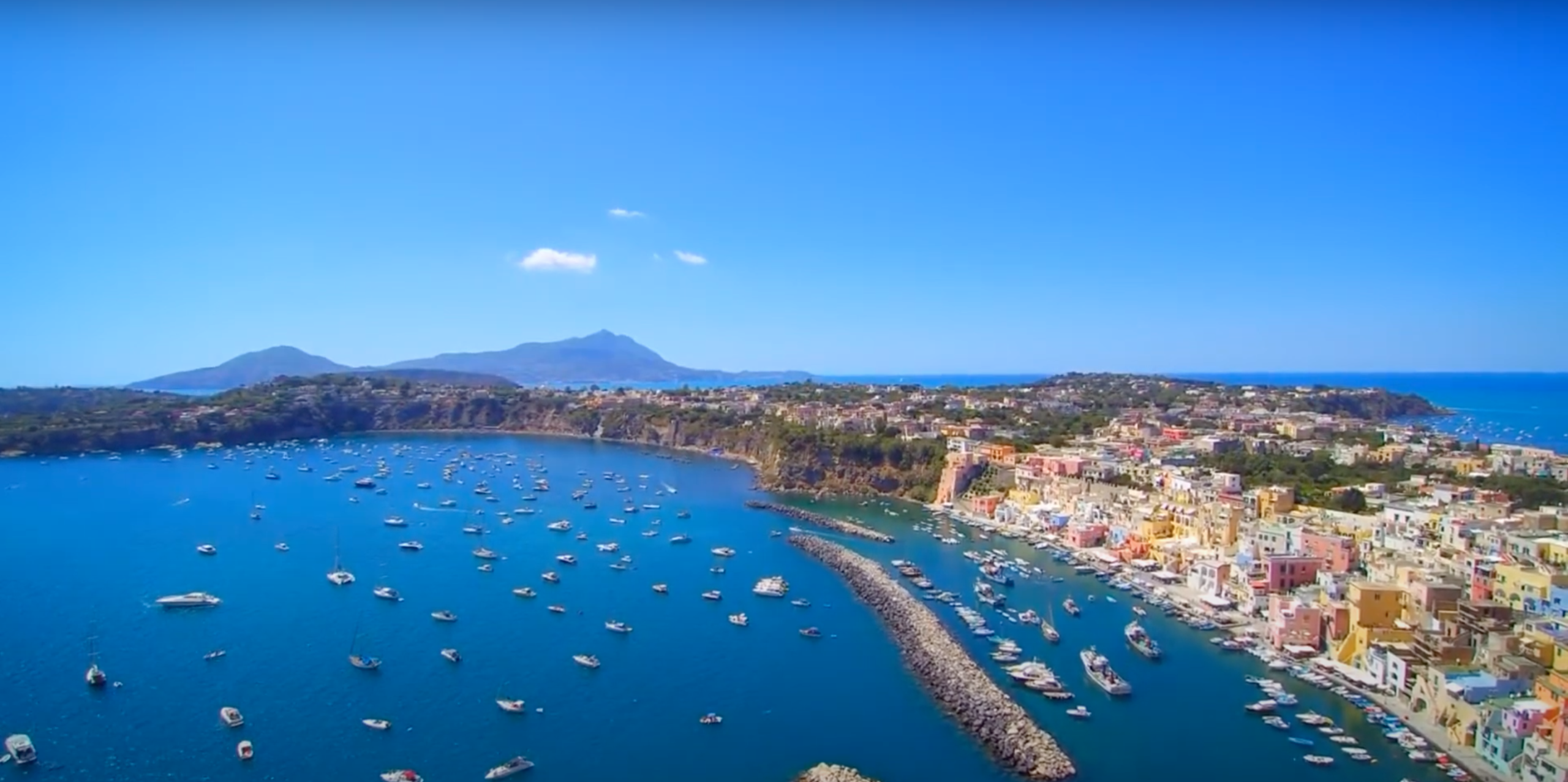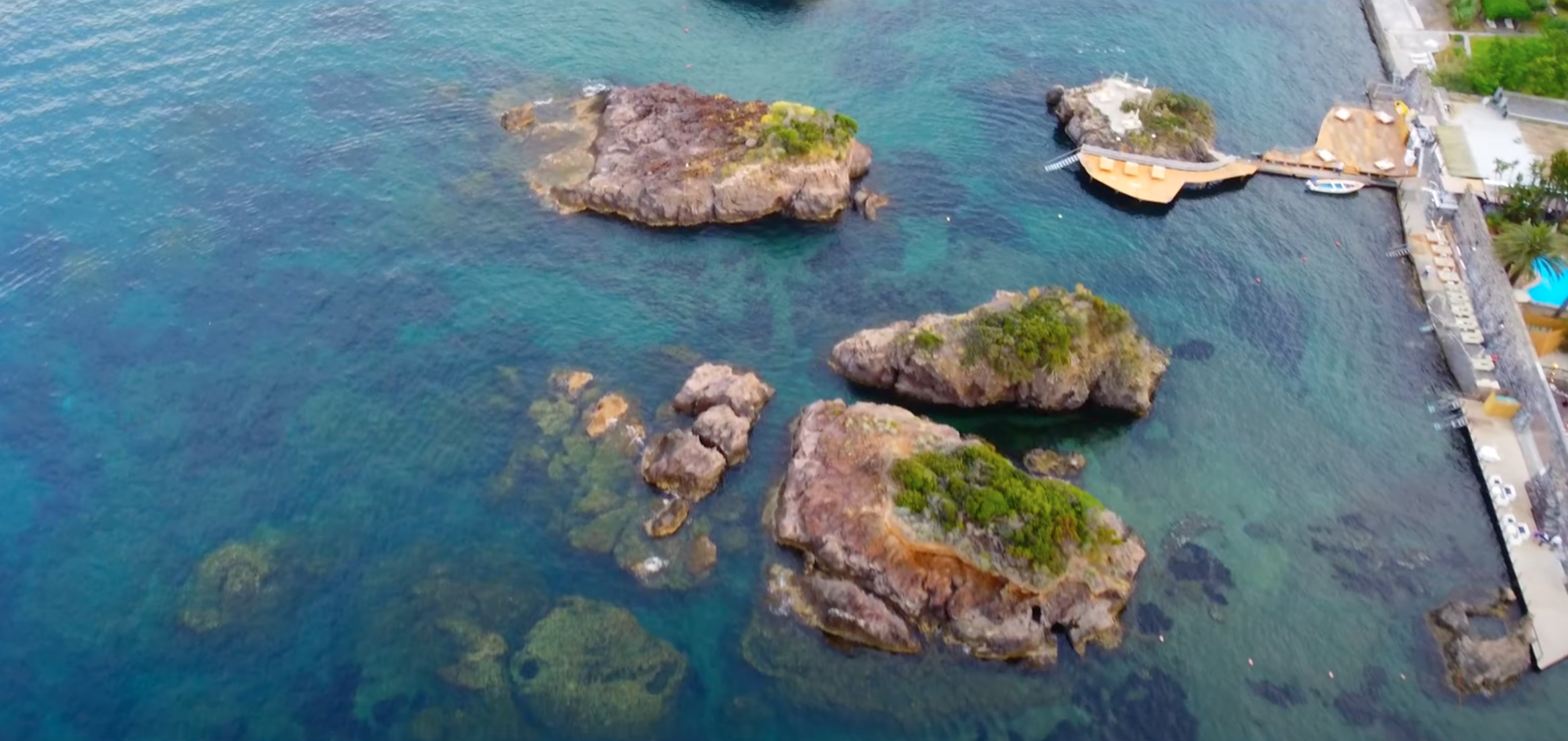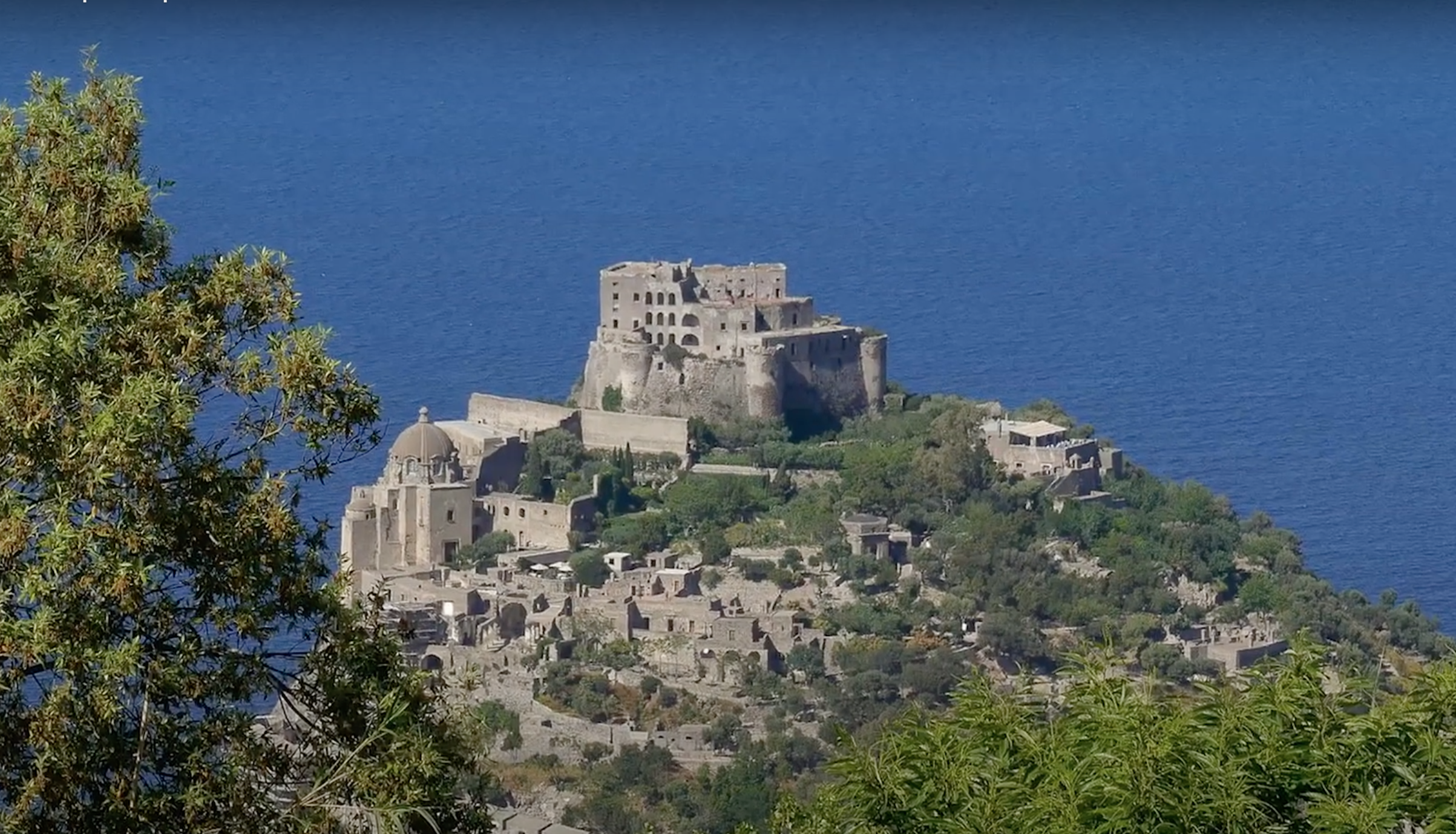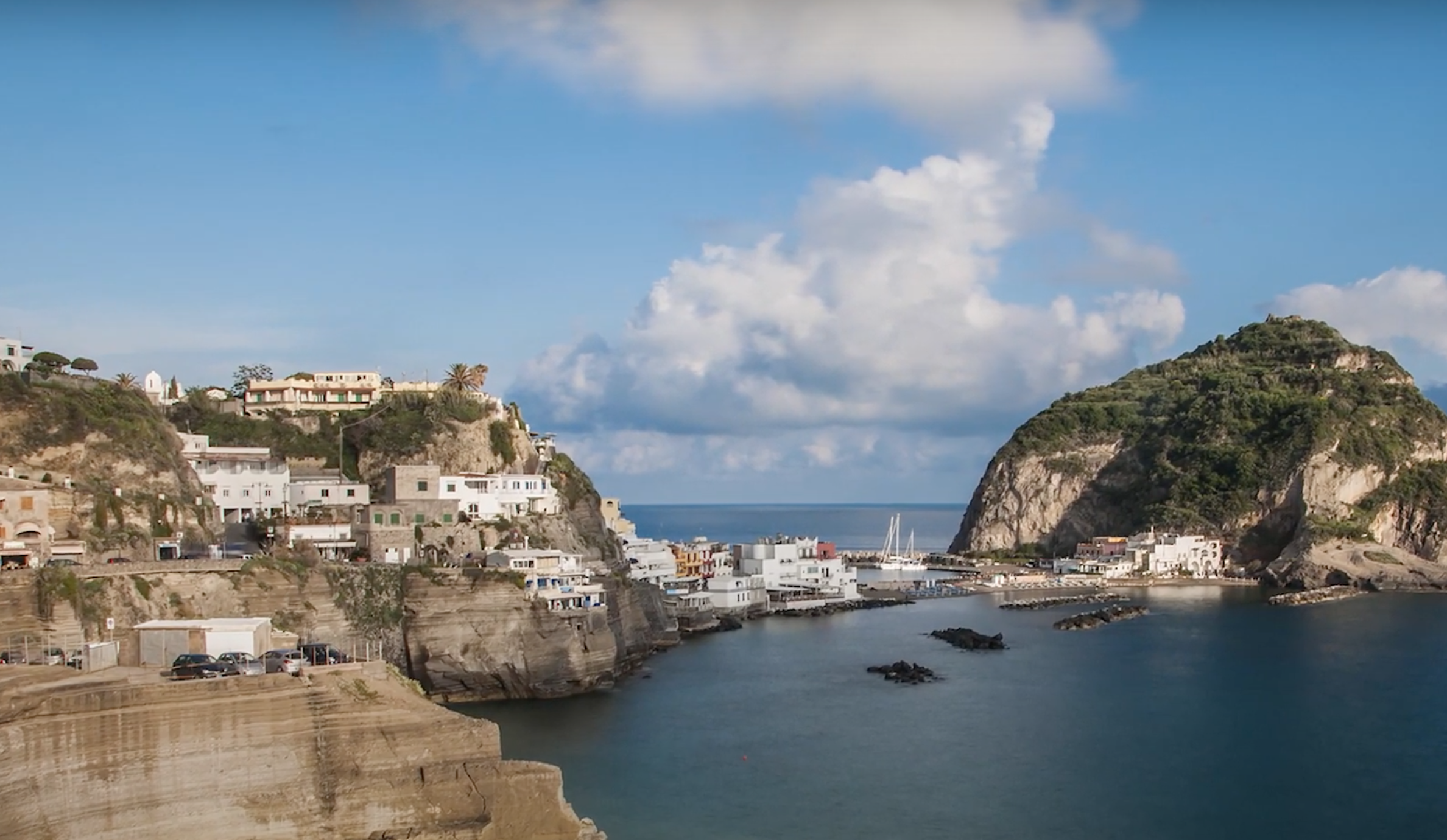The Florio family is an Italian family of industrial tradition that was the protagonist of the period of the so-called Belle Epoque. The history of the family, of Calabrian origins, took place in the rich Palermo of the years between the nineteenth and twentieth century.
Senator Vincenzo Florio, born in Bagnara in 1799 and moved to a thriving age in Palermo at his father's flourishing grocery store, undertook numerous industrial initiatives, including that of the Marsala wines, and gave life to large shipping companies. He also had many interests in the field of sulfur with the "Anglo-Sicilian Sulfur Company". He died in Palermo in 1868.
On the death of Vincenzo in 1868, his son Ignazio, Senior (Palermo 1838 - 1891) succeeded in managing his father's industry, who with great skill and financial resources increased and increased the turnover of the business created and sent forward by his father. Ignazio in 1874 bought the islands of Favignana and Formica and later became a senator of the Kingdom of Italy. On this island he organized a large tonnara with a preservation plant (Tonnara di Favignana), experimenting with a new production method. In fact, instead of producing tuna in salt as the custom of the time, it was prepared for the first time the conservation of tuna in oil and the relative canning in the milk. The company was able to give work to a large number of workers and to have its products affirmed in the world.
Favignana -Tonnara Florio
The former Tuna-fish Establishment: Tonnara Florio
Favignana -Cala Rossa Bay
one of the most beautiful beaches in the world
Levanzo - Genoese Cave (Grotta del Genovese)
It was discovered in 1949 to the northwest by the small seaside village of Levanzo.
Favignana - Lovers’ Cave - Grotta degli Innamorati
A splendid cave, crystal clear sea, a romantic story.
Favignana - Cala Azzurra Bay
The bay that takes its name from the color of the sea
Favignana - Bue Marino Bay
One of the most particular dreams of Favignana.
The nature reserve of the Saline Trapani and Paceco
The nature reserve that contains a thousand-year history.
Favignana - Beach of Lido Burrone
Lido Burrone, the equipped beach of Favignana.
Favignana - Cala San Nicola beach
Small beach on the south side.
Favignana - Grotta Perciata
A lovely place to immerse yourself in contact with nature.
Colicchia Pastry Ice cream Granita trapani
The historic Trapanese pastry and the granita that awakens the taste buds.
Marettimo Island
Sea, nature and history set in what is the pearl of the Mediterranean.
Cous Cous Fest San Vito Lo Capo
A fantastic combination of flavors and traditions
Castle of Santa Caterina Favignana
The Castle of Santa Caterina is the manor that dominates the island
Natural Reserve of Mountain Cofano
The perfect combination of history and nature
Zingaro Nature Reserve
One of the most magical corners of Sicily where land and sea dance in unison
Gioacchino Cataldo Last Rais of the Tonnara of Favignana
Gioacchino Cataldo was the last "rais", the eighth in the history of the Florio-owned plant.
Favignana - Beach of Scalo Cavallo
The beach born from an old tuff quarry
Favignana - Bay of Cala Rotonda
When Mother Nature creates wonders!
Cala Fredda (Fridda) Beach - Levanzo
Cala Fredda a small beach composed of rocks.
Cala Minnola Beach - Levanzo
The beach known for its pine forest overlooking the sea.
Favignana - Punta Longa Beach
Known for its enchanting and characteristic fishing harbour.
Favignana - Cala Grande Beach
Perfect place to relax and enjoy the tranquility.
Scopello - La Tonnara
Place where sea and history meet in a unique beauty.
Seaside village of Castellammare del Golfo
One of the most wonderful seaside villages in Italy.
Palermo - Isola delle Femmine
The Isola delle Femmine is a small islet surrounded by myth and legend
Palermo - “Monte Pellegrino” nature reserve
Among the unmissable and magical places of Palermo with a rich variety of flora and fauna.
Palermo - Grotta della Regina
One of the jewels of Palermo, a fascinating and mysterious place.
Palermo - The city of Street Food
Palermo is a city rich in history and culture, this is also inevitably reflected in its gastronomy.
Palermo - La Cala
La Cala is an unmissable destination for anyone visiting Palermo.
Palermo - Mondello
Mondello is a very popular tourist destination, thanks to its natural beauty, its history and its lively social life.
Palermo - Spiaggia Vergine Maria
An ideal destination for those visiting Palermo and looking for a quiet and evocative place to spend a day at the seaside.
Palermo - Nature reserve “Capo Gallo”
Among the most beautiful reserves in Sicily, a suggestive place, with high cliffs overlooking the sea.
Messina - Giardini Naxos Beach
The Giardini Naxos beach is one of the most beautiful and renowned on the Sicilian coast
Taormina - Grotta dell’amore
It has always been considered a romantic and ideal place for lovers due to its intimate and evocative atmosphere.
Taormina - Isola bella
In front of the coast of Taormina, immersed in the crystal clear waters of the Ionian Sea, stands Isola Bella, a small islet of rare beauty.
Taormina - Grotta Azzurra
A natural cavity with a magical and mysterious charm, under the promontory of Capo Taormina, hidden between the cliffs overlooking the sea.
Taormina - Mazzarò
A few kilometers from Taormina, lies Mazzarò, an ancient seaside village of rare beauty.
Taormina - Baia delle Sirene
Nestled between Capo Taormina and Isola Bella, lies the Baia delle Sirene, a place of rare wild beauty.
Taormina
On the eastern coast of Sicily, it was born on a natural terrace overlooking the Ionian Sea, one of the most renowned tourist locations in the world.
Taormina - Anfiteatro Greco/Romano
The Greco-Roman Amphitheater of Taormina is an ancient jewel with breathtaking views, an architectural masterpiece.
Taormina - Lo scoglio di Zio Gennaro
A few steps from Taormina, immersed in the crystal clear waters of the Ionian Sea, is the Scoglio dello Zio Gennaro.
Taormina - The white lotus (the series)
Taormina set of the series "The White Lotus": a perfect combination of ancient charm and worldliness, an international success.
Capri
Like a gem set in the waves, Capri emerges, an island that enchants with its wild beauty and timeless charm.
Capri - Grotta Azzurra
A natural wonder known all over the world for its extraordinary light effects.
Capri - I Faraglioni
Mastestic guardians of an enchanted island, a timeless icon, a symbol of beauty and strength of nature that continues to fascinate and inspire.
Capri - La Grotta Bianca
A suggestive marine cave, owes its name to the white encrustations of limestone material that cover its walls and to the dense stalagmites.
Capri - La Piazzetta
For the Capresi it is simply "'a chiazz", universally known as "La Piazzetta", the real nerve centre of Capri.
Capri - La Grotta Verde
An ancient and fascinating story, the intense emerald green colour of its waters create a magical and evocative atmosphere.
Capri - I Giardini di Augusto
The Gardens of Augustus in Capri are a must for those who visit the island, a series of flowered terraces that offer a breathtaking view.
Capri - Il Faro
The Capri lighthouse, one of the iconic symbols of the island, stands on a cliff overlooking the sea offering a amazing view of the Gulf of Naples.
Sorrento
City overlooking the Gulf of Naples, known all over the world for its breathtaking beauty, its rich history and its unique traditions.
Sorrento - La Cattedrale dei Santi Filippo e Giacomo
A splendid baroque-style cathedral, with an imposing neo-Gothic facade and an interior full of works of art.
Sorrento - La Chiesa ed il Chiostro di San Francesco
The Church and the Cloister represent a jewel of Sorrento where history, art and spirituality merge in a unique atmosphere.
Sorrento - La Villa Comunale
The villa, which stands on the ancient vegetable gardens of the Franciscan friars, is a jewel, offering a spectacular panoramic view of the Gulf.
Sorrento - Marina Grande e Marina Piccola
Two picturesque and enchanting harbours located in Sorrento, with beaches, restaurants and bars, offer breathtaking views of the Gulf of Naples.
Sorrento - Il Vallone dei Mulini
A deep gorge located in the heart of Sorrento, once part of a system of three valleys that characterised the city's landscape.
Sorrento - I Bagni Regina Giovanna
Place of extraordinary beauty, a natural pool surrounded by suggestive limestone cliffs, with an opening towards the sea.
Sorrento - Piazza Tasso
An essential reference point for visitors, a place rich in history, culture and traditions that enchants with its beauty.
Amalfi
Nestled between the steep cliffs and the crystal clear sea of the Amalfi Coast, it is a city rich in history, culture and natural beauty.
Amalfi - Fiordo di furore
Located on the wonderful Amalfi Coast, an enchanting place that enchants visitors with its wild beauty and unique charm.
Positano
A jewel of the Amalfi Coast, a place renowned for its scenic beauty, with the typical colourful houses on the rocky coast.
Nerano
Nerano, is a real treasure hidden in the splendid setting of the Sorrento peninsula, a place to be discovered, a unique experience.
Arienzo
Arienzo Beach is an authentic hidden gem of the Amalfi Coast, set among imposing cliffs, a haven of peace and beauty.
Ischia
Ischia, a renowned tourist destination in the Gulf of Naples, an island of extraordinary beauty and millennial charm.
Ischia - Scogli Sant’Anna
In front of the imposing size of the Aragonese Castle, stand the Rocks of Sant'Anna, a group of rocky islets of wild beauty.
Ischia - Lacco Ameno
Lacco Ameno is a charming village that enchants visitors with its quiet atmosphere and natural beauties.
Ischia - Castello Aragonese
An undisputed symbol of the island of Ischia, the Aragonese Castle stands majestically on an islet, a magical place.
Ischia - Sant’Angelo
A fishing village that enchants visitors, a small earthly paradise, with its authentic charm and timeless beauty.
The Odyssey: Nolan’s new epic blockbuster lands in the Egadi Islands
The Odyssey is portrayed through an epic yet realistic lens, with an intense staging deeply rooted in the landscapes of the Mediterranean.
